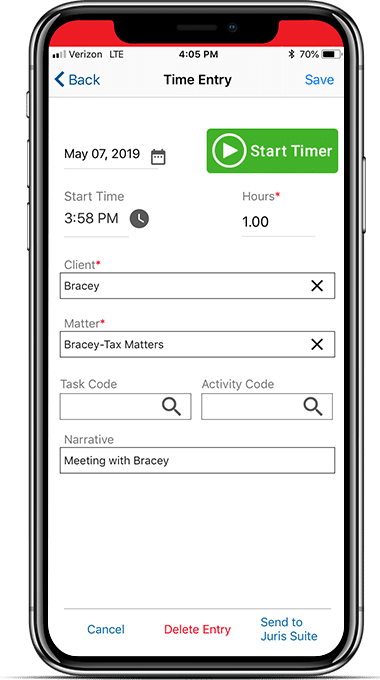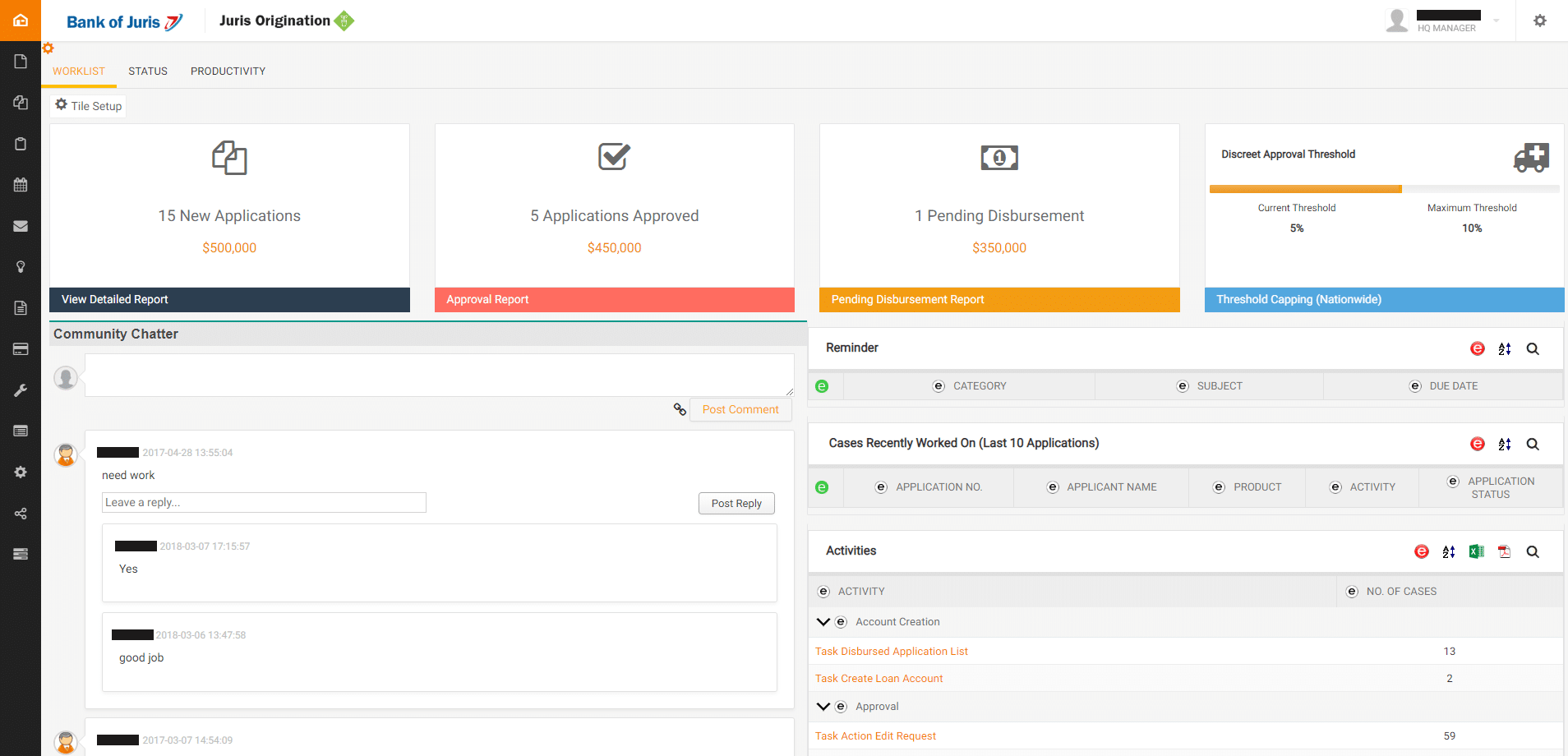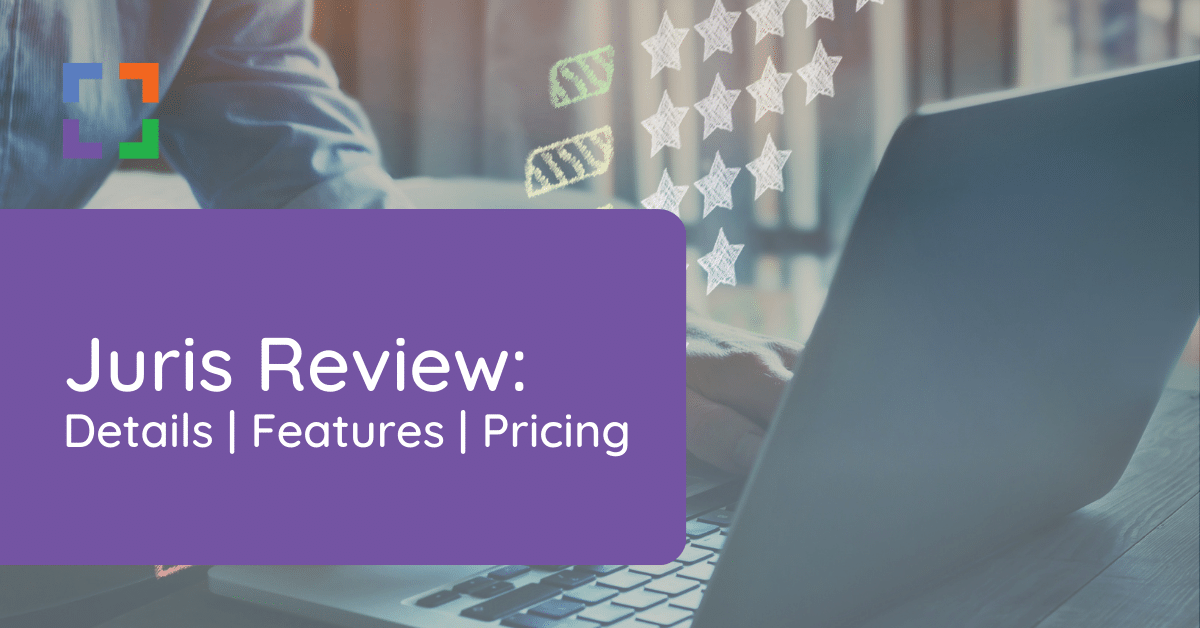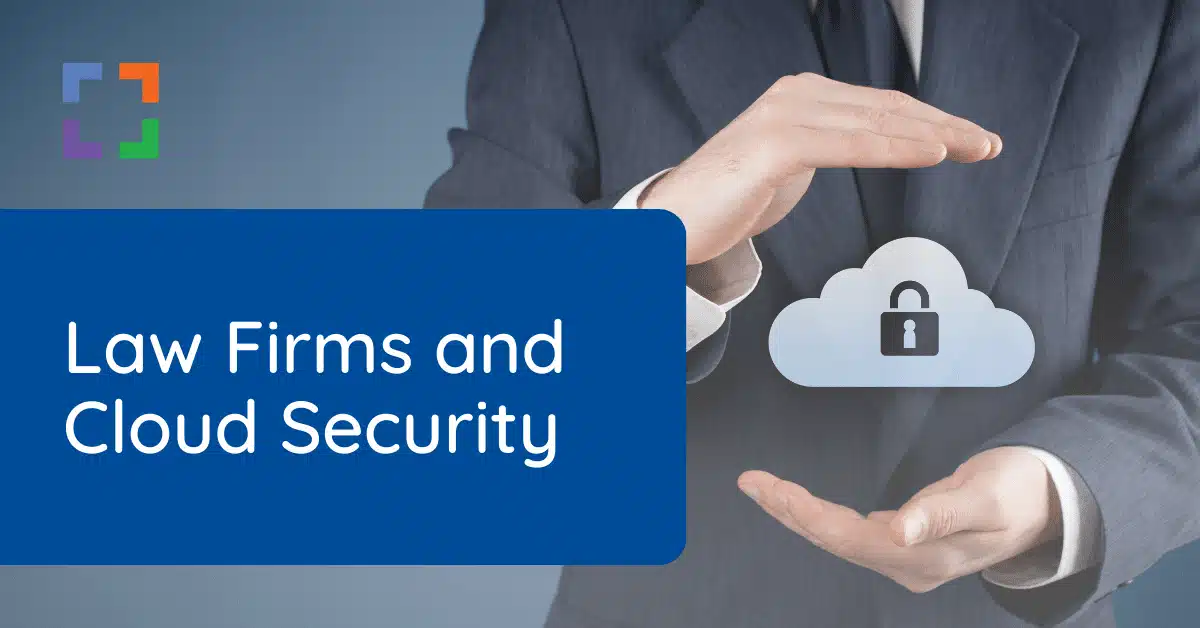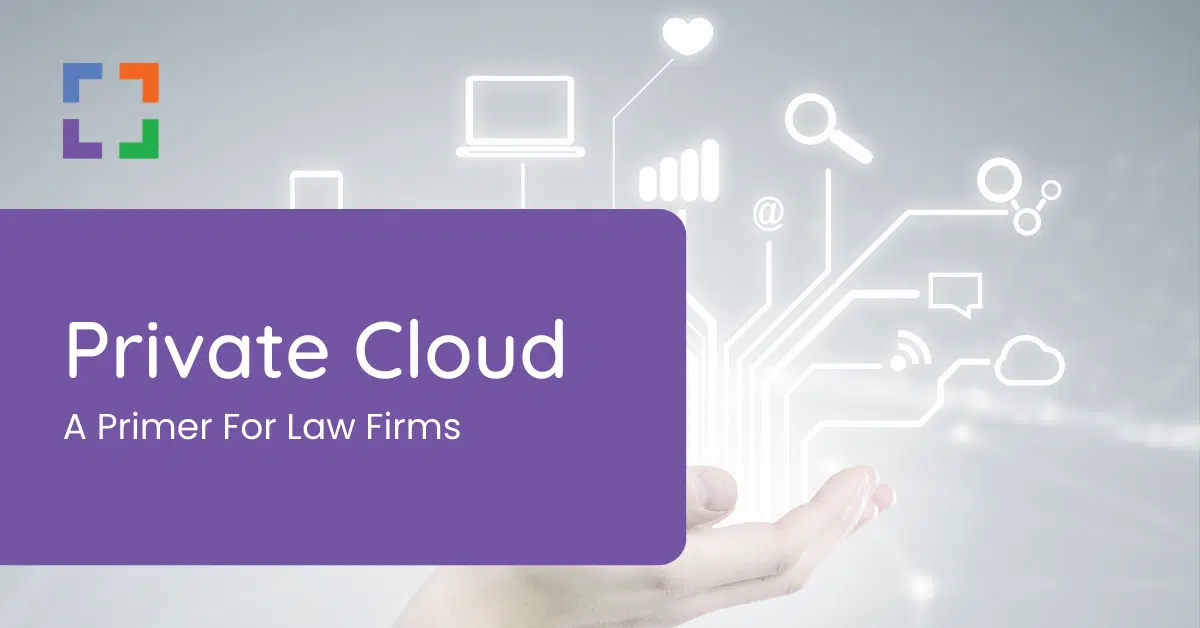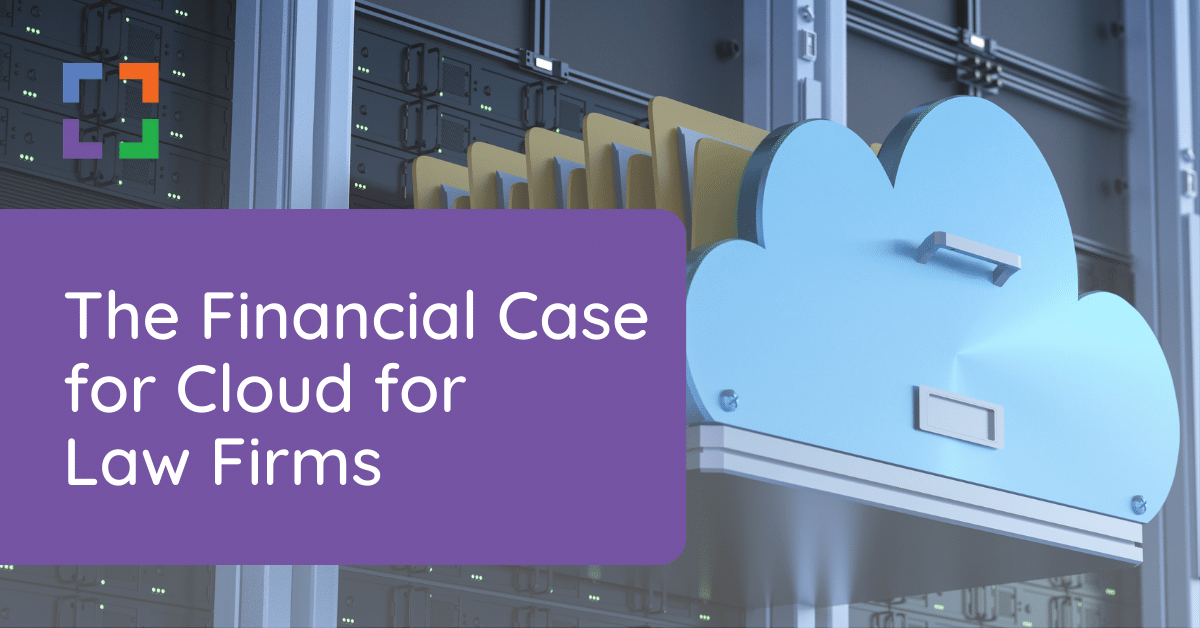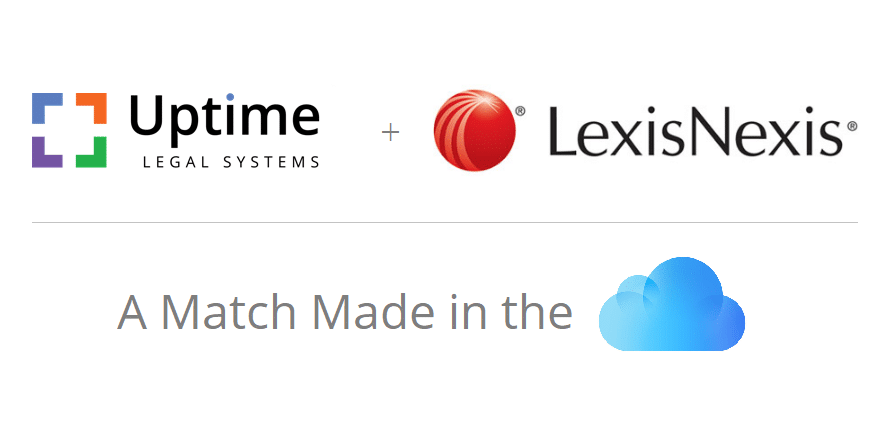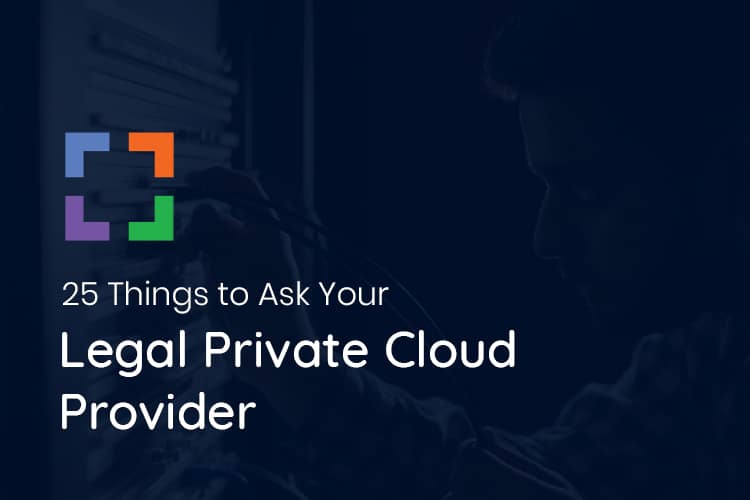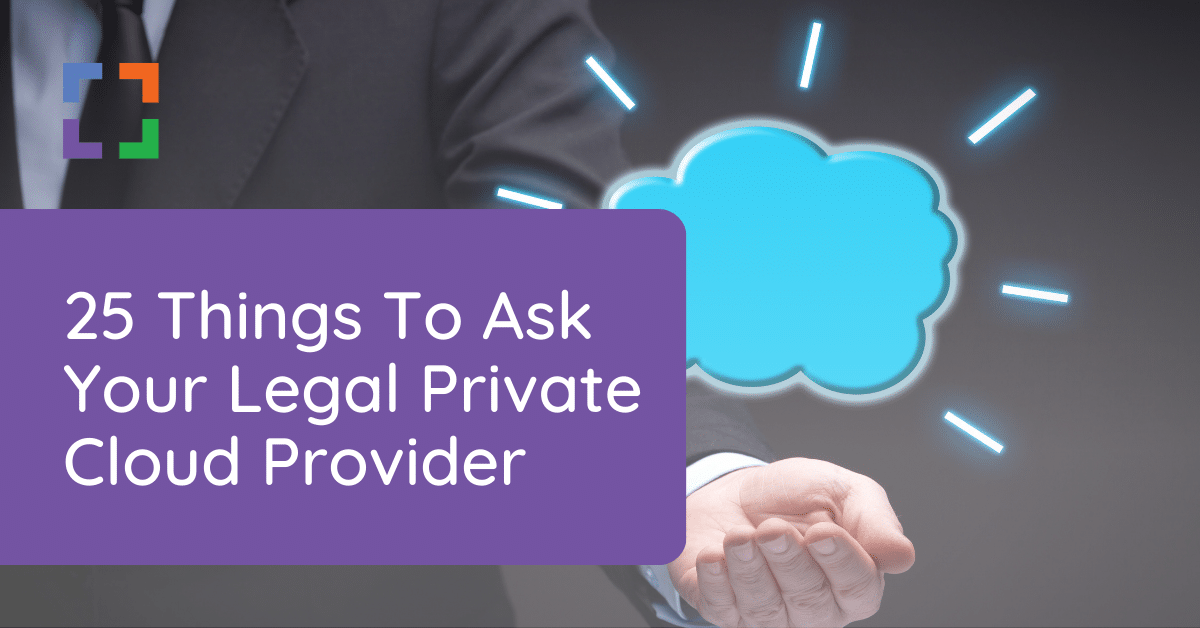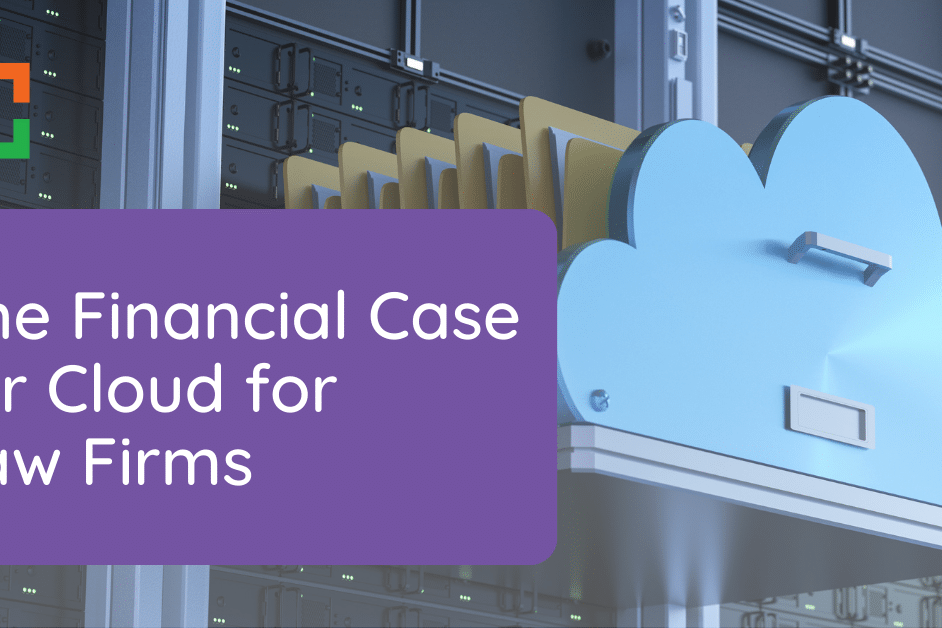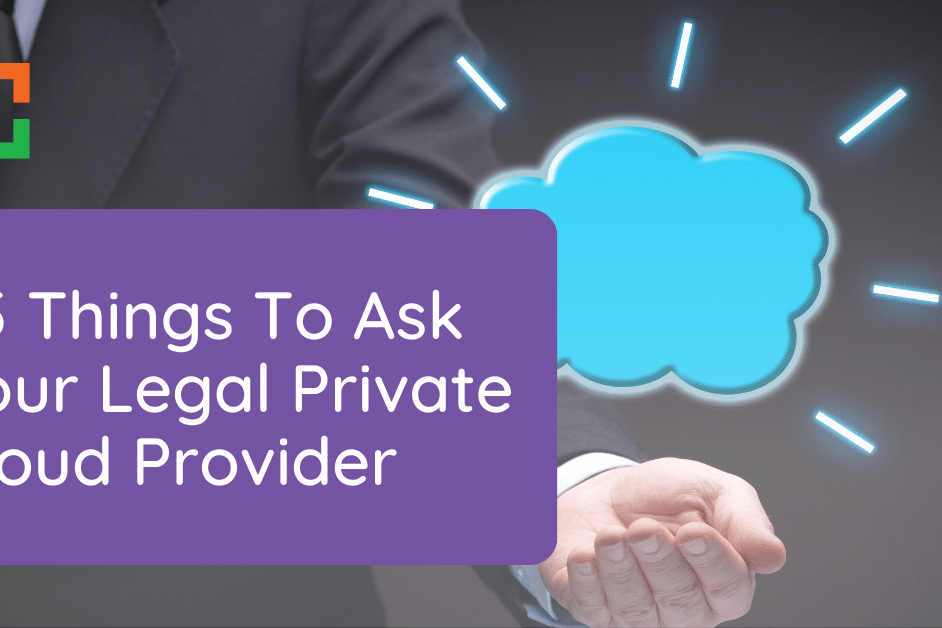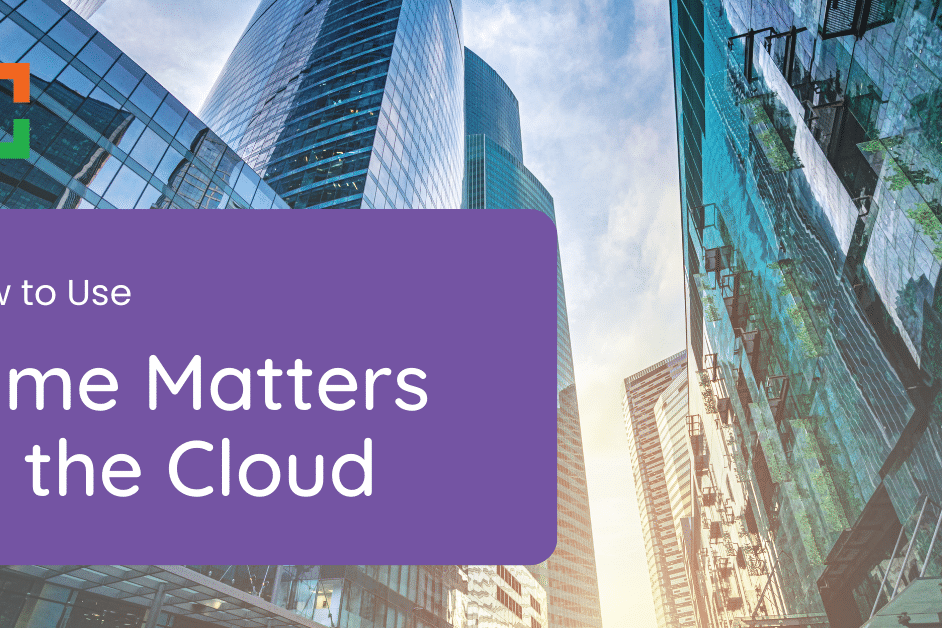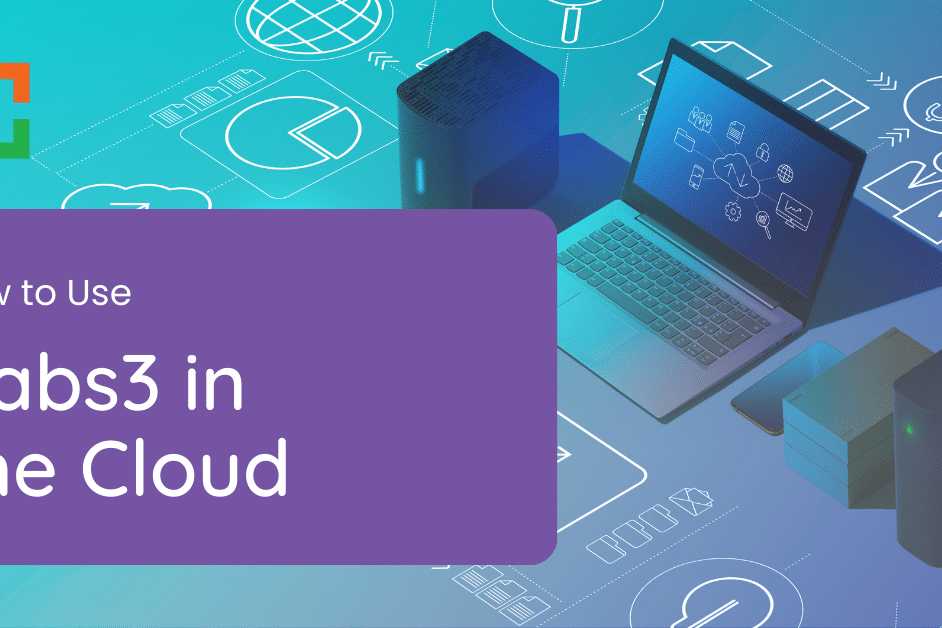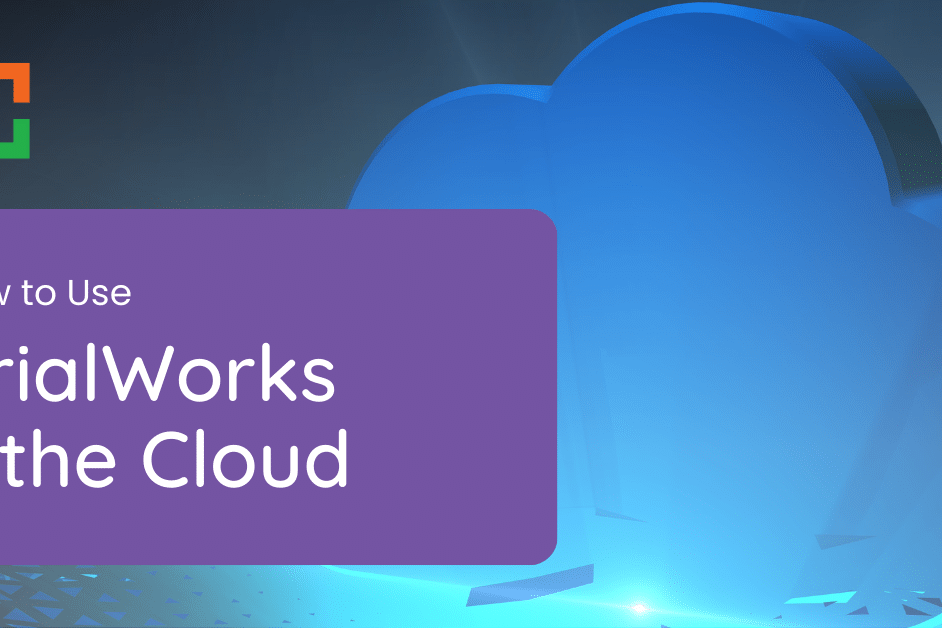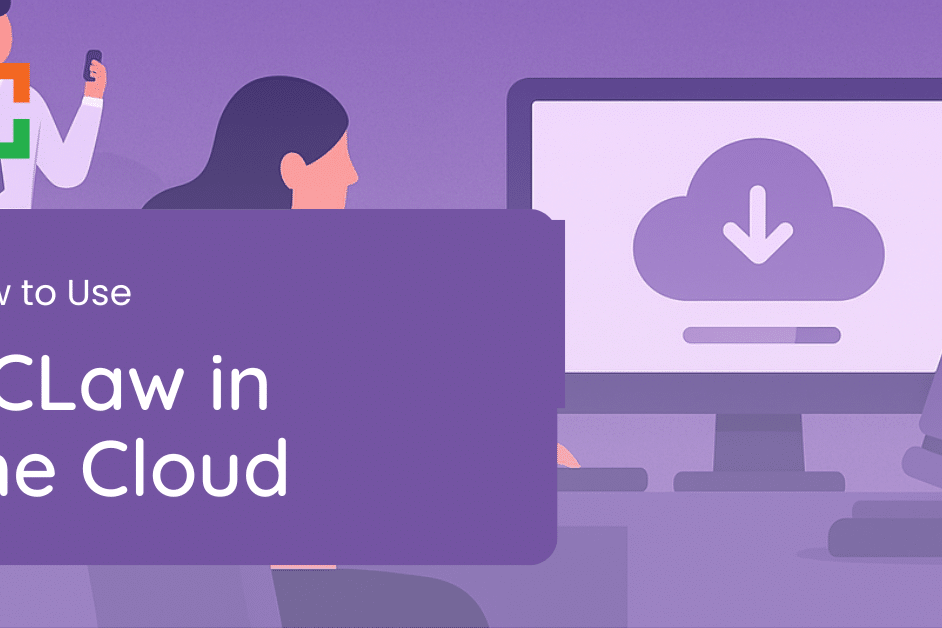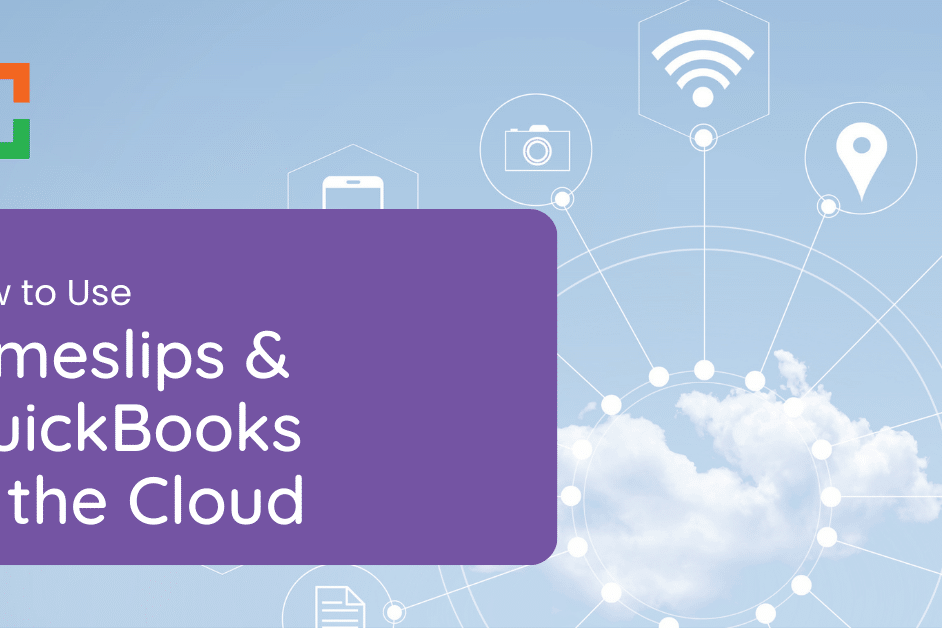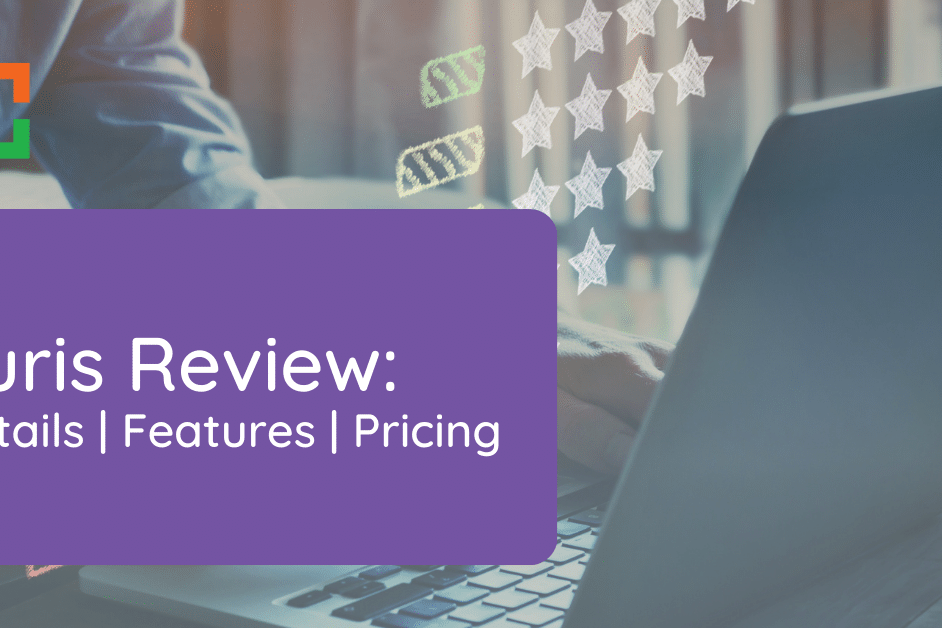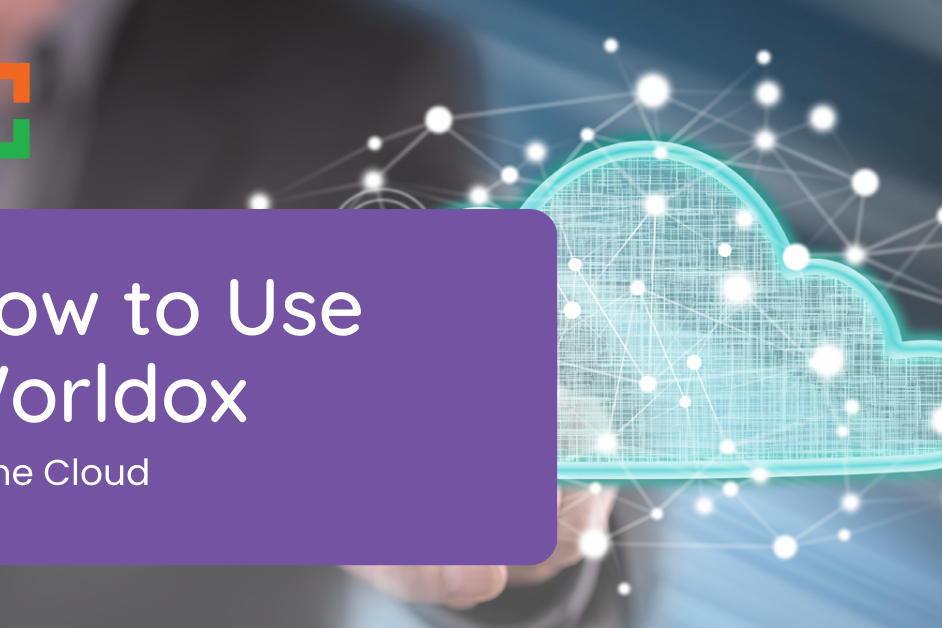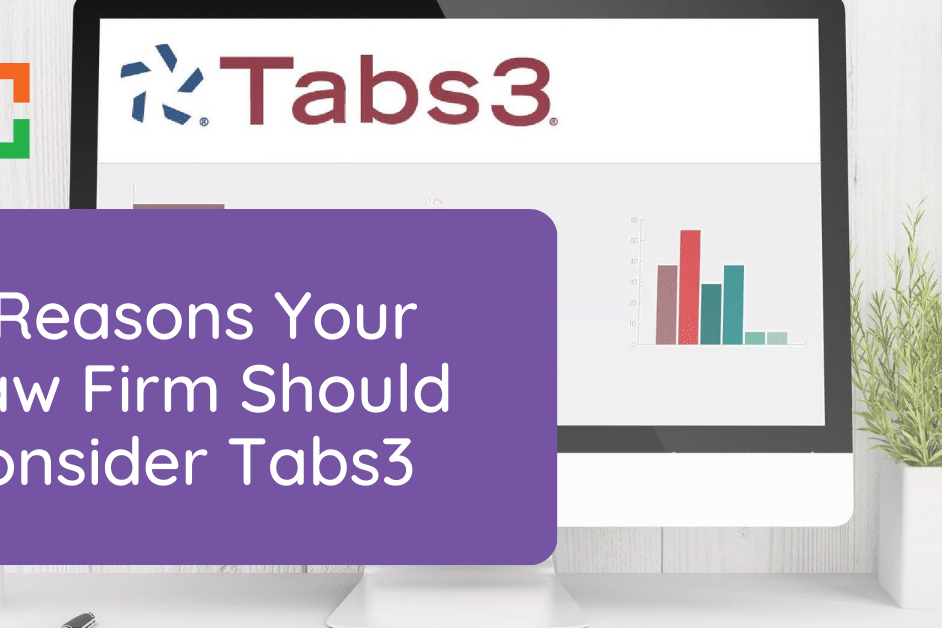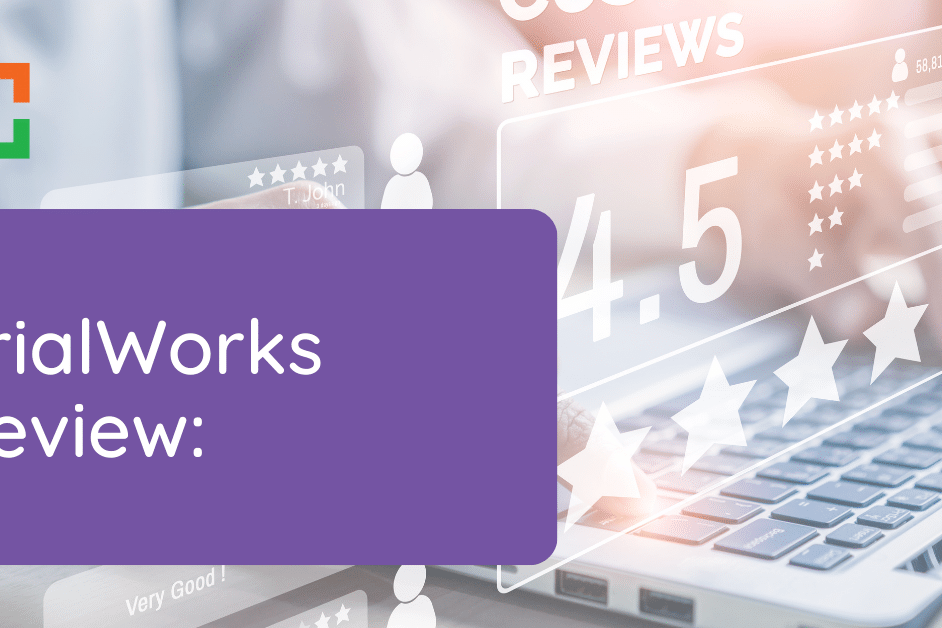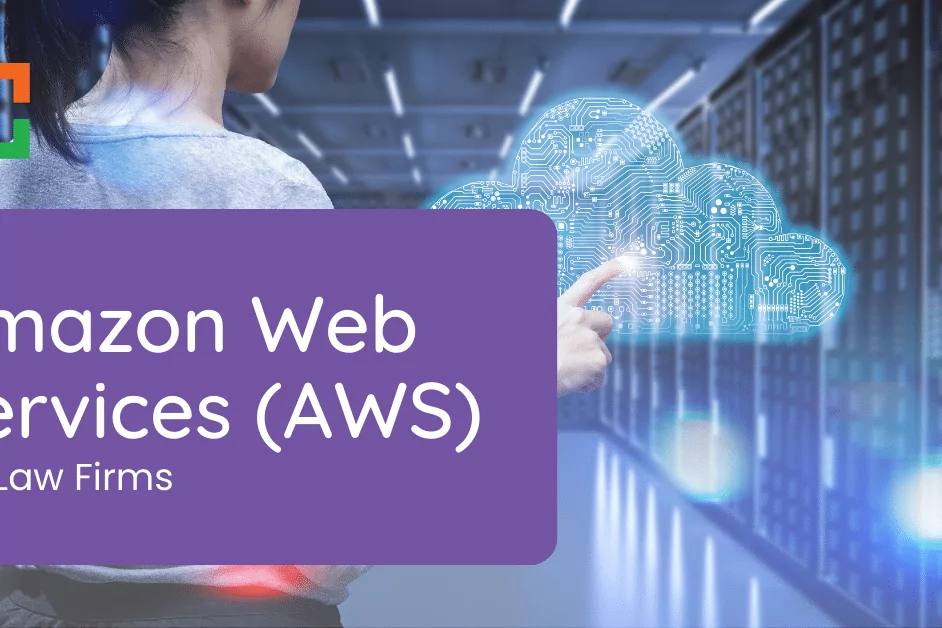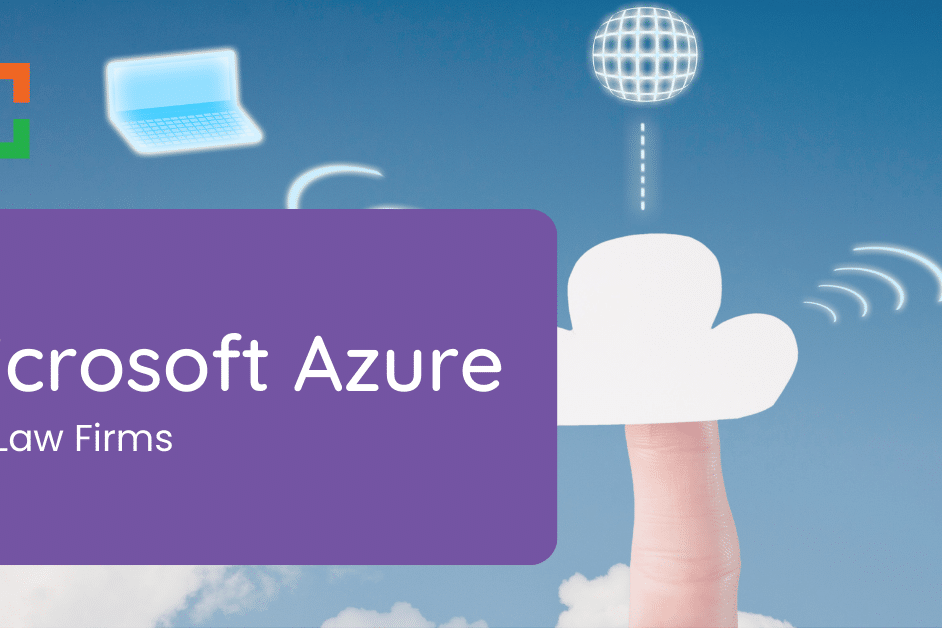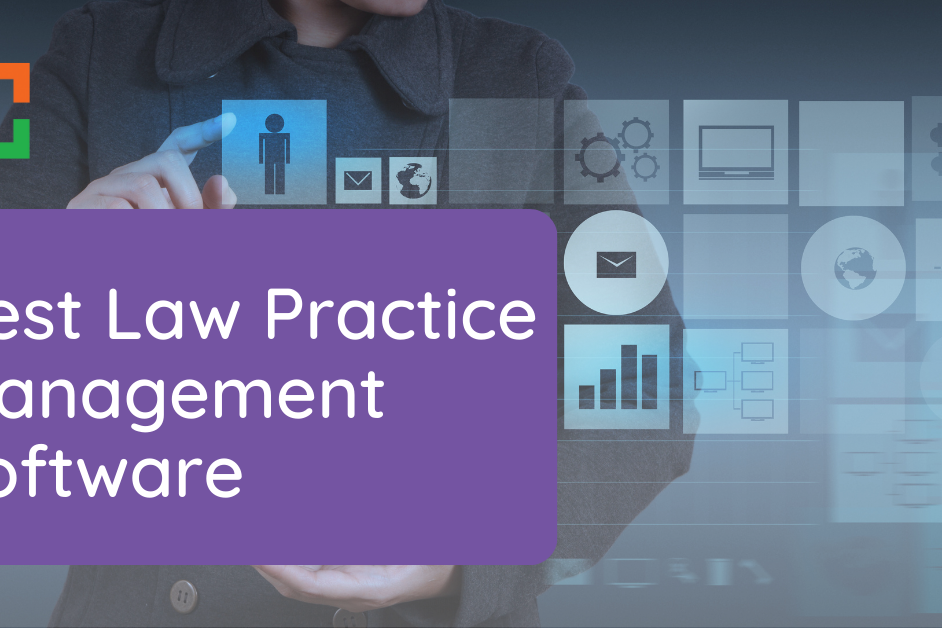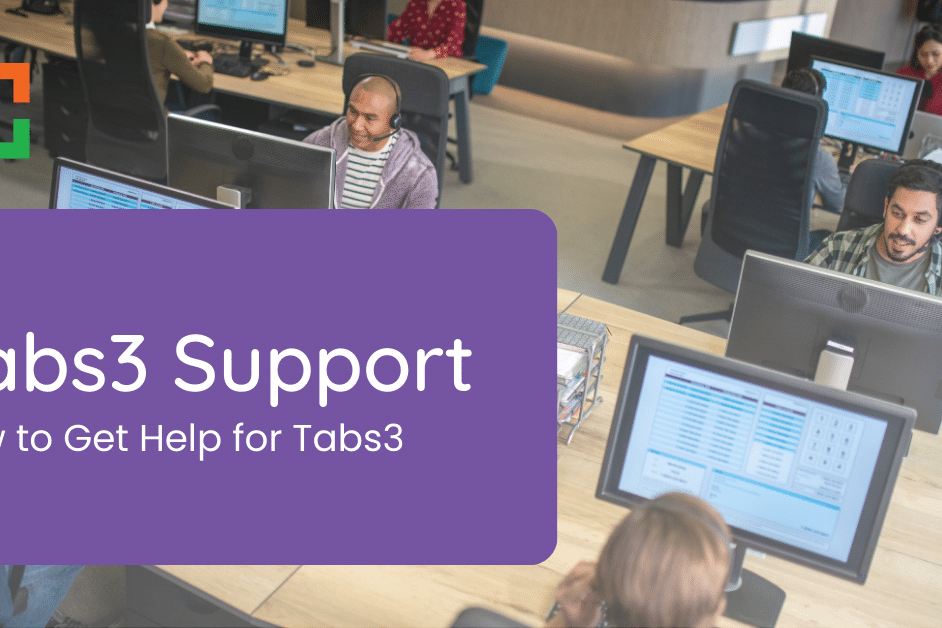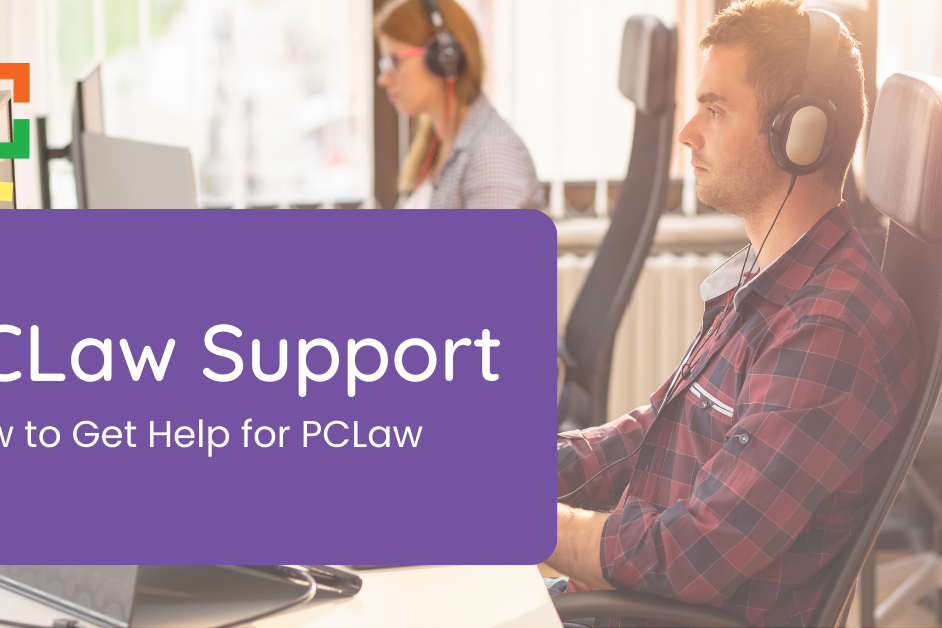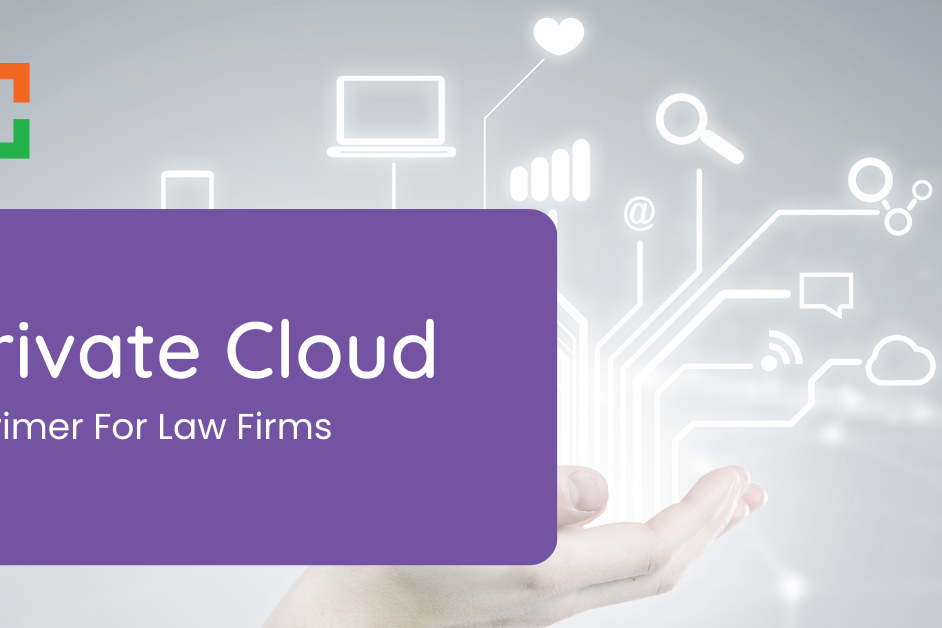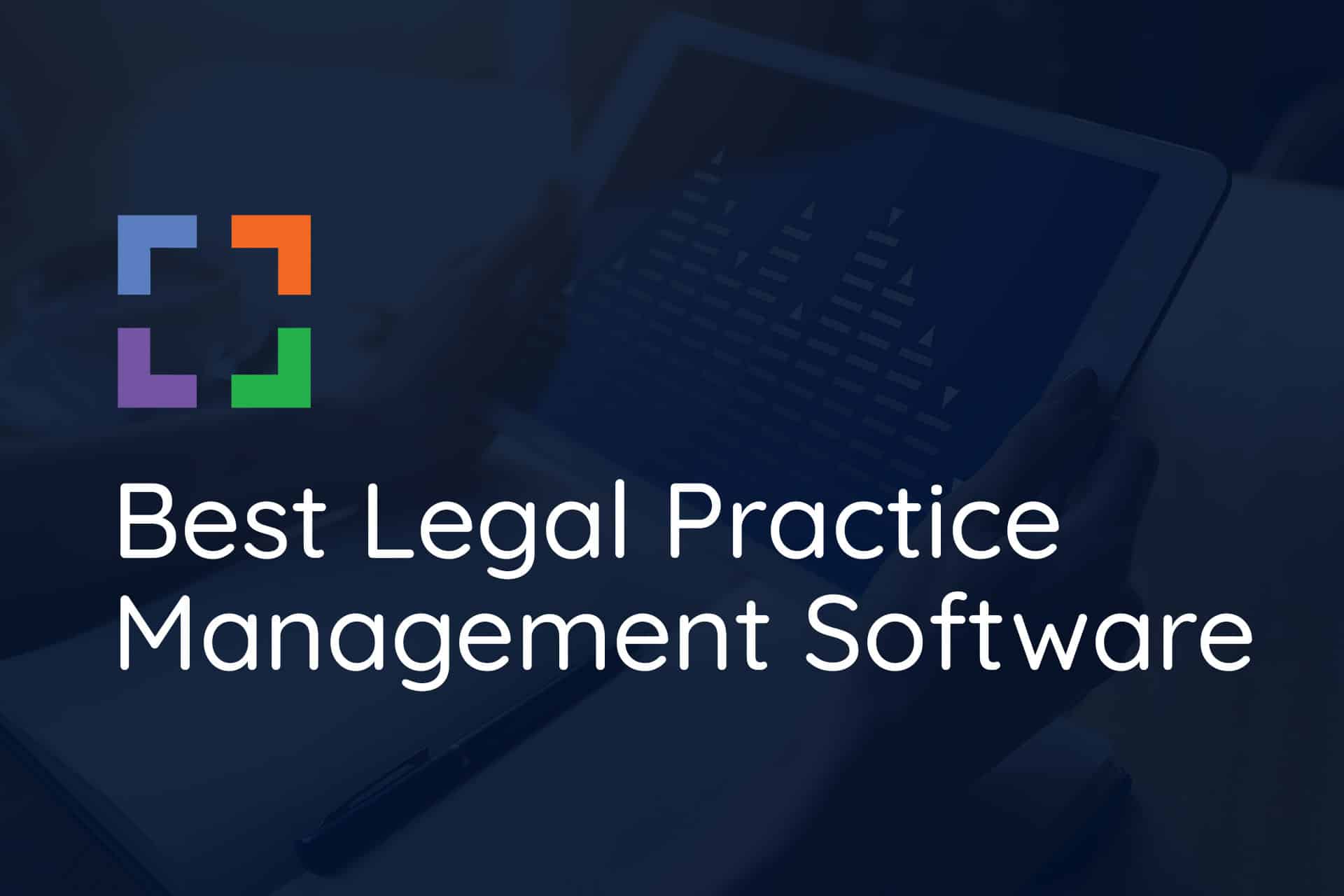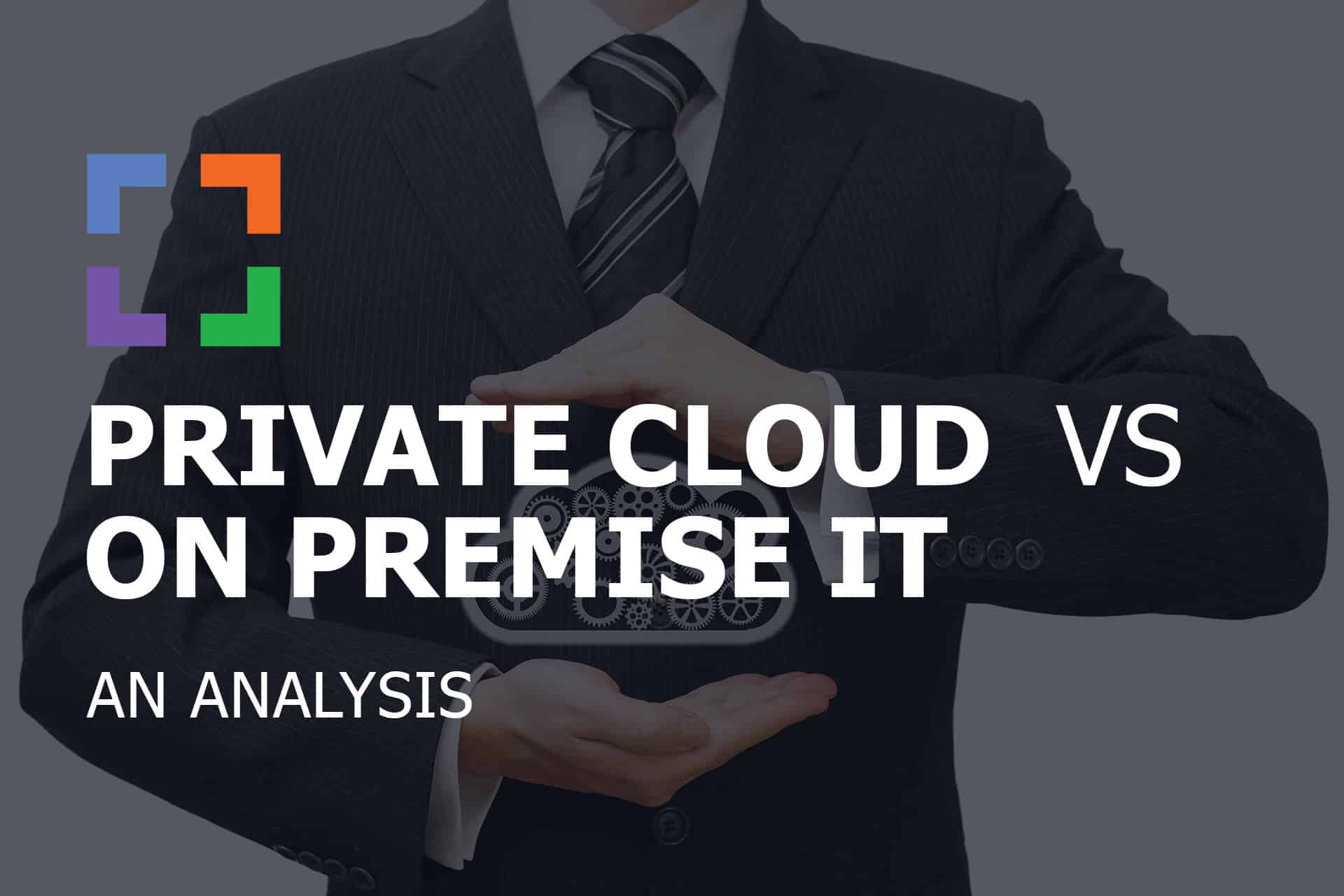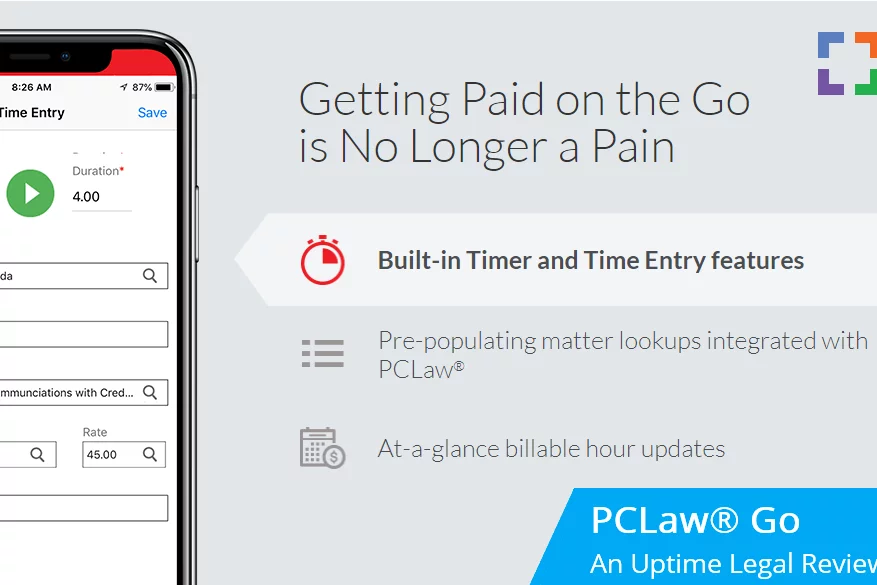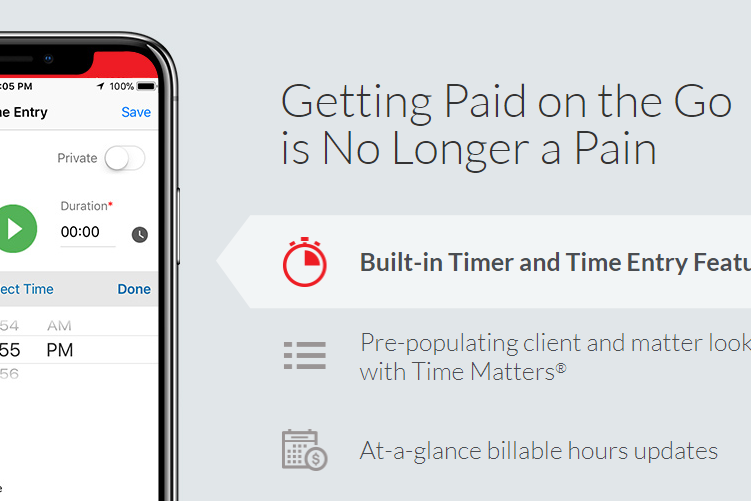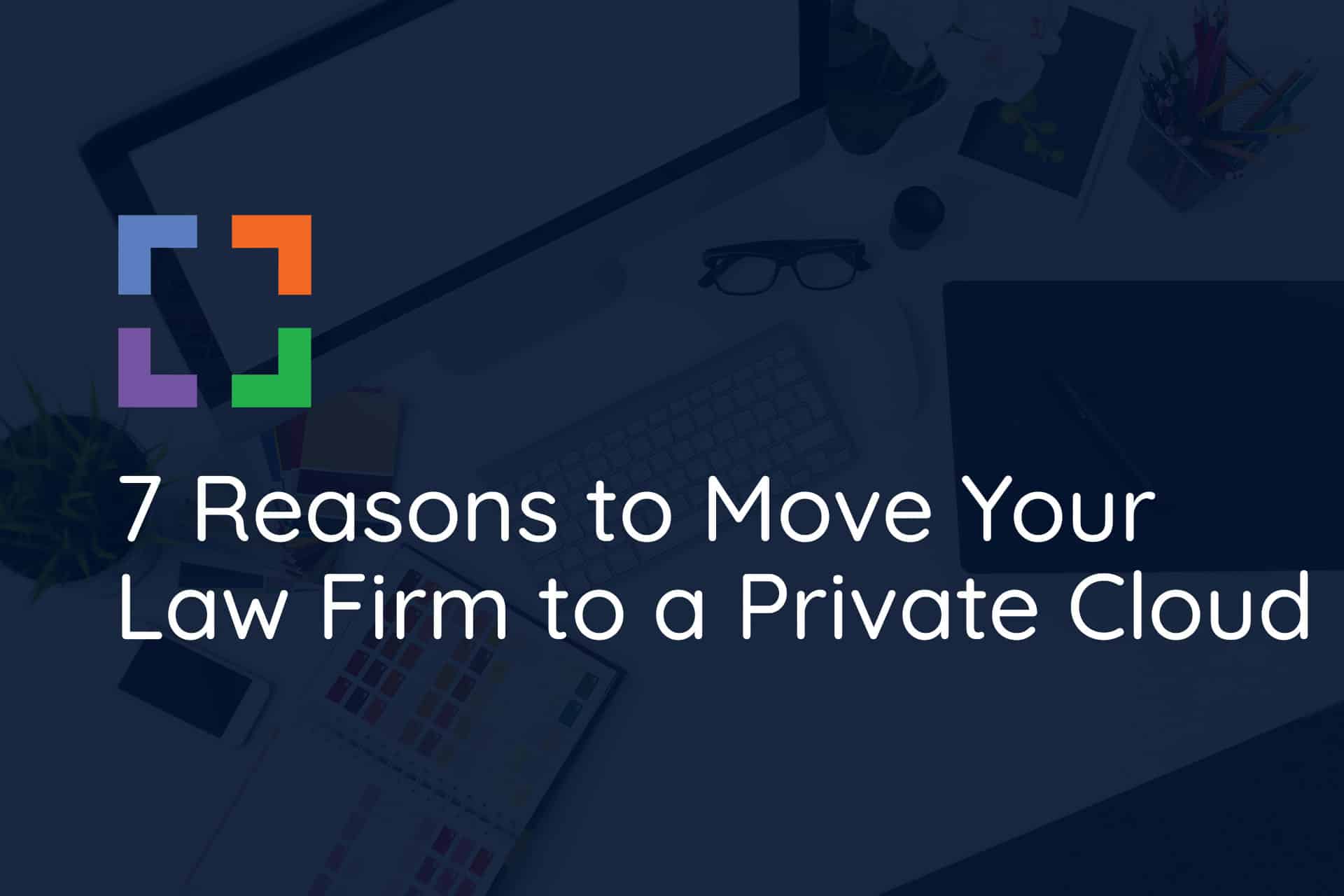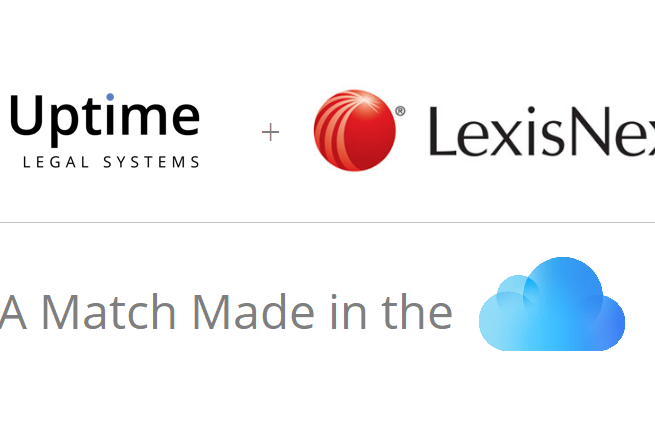How to Use Juris in the Cloud in 2025
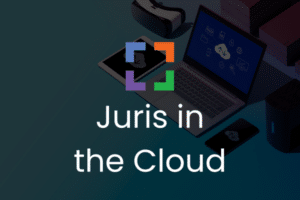
Using on-premise software traditionally is becoming outdated. With the cloud offering enhanced security, better uptime, and affordability, it’s clear why law firms are moving away from in-house servers.
This article discusses the transition of Juris Software to a cloud-based platform in 2025, providing easier access to essential billing and accounting tools.
The cloud is the logical next step for law firms’ technology strategy. This article serves to guide you through the process.
In This Article
- Who This Guide is For
- Introduction to Juris Legal Accounting
- Why Juris is Better in the Cloud
- Juris as a Cloud App
- Juris in a Private Cloud
- Juris in a Virtual Desktop
- Migration: How to Move Juris to the Cloud
- The Economics of Juris in the Cloud
- Doing Your Due Diligence & Mitigating Risk
- Juris in the Cloud – Frequently Asked Questions
Who This Guide is For
This guide on making Juris Software Cloud-Based is for law firms who currently use Juris, or is considering it, and wants to take advantage of the multitude of benefits that moving to the cloud offers.
This includes:
- Law Firm Partners creating and/or developing the IT strategy for their firm.
- Law Firm Administrators with the responsibility of managing their company’s technology.
- Law Firm IT Consultants interested in learning about better solutions for their clients’ applications.
Our Ultimate Guide to Juris in the Cloud provides you with roadmap, from education to execution, to harness the power of Juris when cloud-based.
Learn About Uptime Practice
Practice Go
Practice Foundation
CLOUDIFY JURIS
Just Juris in the Cloud: Turn Juris into a cloud-based application. Eliminate servers, access Juris from anywhere.
FULL PRIVATE CLOUD
All of your software, documents and data in secure Private Cloud. Work in a flexible virtual desktop environment; optionally add Office 365 + support.
Introduction to Juris Legal Accounting
This section is for readers new to Juris or anyone who wants a quick primer on the company behind these billing and accounting tools. If you already know Juris and want to jump to cloud use, feel free to skip ahead.
LexisNexis created Juris years ago to provide law firms with time, billing, and accounting software. Juris is typically used by firms with at least 5–10 timekeepers; while solos and larger firms can use it, it’s optimized for that size.
Juris is server-based: it’s designed to run on your firm’s on-premises server (the one in the closet or copy room) with the desktop client installed on each computer.
There’s also a Private Cloud option, which offers more flexibility on where you can use the software. It’s a newer workaround we’ll dig into later in this article.
Juris Software comes in three primary modules:
- Juris (Sometimes called "Juris Core") - The core/base legal accounting software they offer to manage the complexities of receivables, payables, and trust accounting.
- Juris Suite - An add-on module that provides additional functionality beyond the typical, daily transactions and monthly billing. Consider this the premium offering.
- Juris Go - The mobile app for Juris (offered on both Android and iOS) meant for essential timekeeping through your phone or tablet.
Juris Go is a comprehensive time-tracking app developed for mobile time entry.
This helps streamline the process, so lawyers can maximize profits through an easy-to-use timekeeping process.
With hardly any effort, timekeepers can track time for the present moment and future reference.
It works on a smartphone or tablet and can be integrated with Juris Suite for seamless matter lookups.
Juris as a whole offers robust software to ensure that you are handling your accounting, billing, and financial management with software to track and execute necessary functions for your law firm.
Who Juris is Good For
Juris is often a good fit for law firms of 5 or more attorneys (especially law firms of 10+ attorneys).
Juris is especially useful for law firms that need sophisticated legal accounting and find the accounting capabilities of general-purpose law practice management (or generic accounting software) lacking.
Juris is an especially good fit for firms that use Time Matters for case/document management and need to complement Time Matters with a robust billing and accounting solution.
Juris is generally not well-suited for solo and very small law practices.
Don’t Sacrifice the Right Software for the Cloud
The cloud brings reliability, security, and mobility—but many small and midsize firms assume the only way to get those benefits is to abandon their software for a web app.
In practice, Juris and other server-based platforms often offer more robust features than cloud-native alternatives. We frequently see firms switch to a cloud app, find it falls short, and later switch back.
You can avoid that detour. Keep the software you prefer and still gain cloud benefits by using a Juris cloud-hosting solution.
Learn More about Juris
Related – Juris: Complete Review, Features, Pricing: Understand what it means to use Juris and what others say about using this software.
Why Juris is Better in the Cloud
Juris provides great billing and accounting software to law firms.
Their software is only enhanced when utilized through the cloud.
In most cases, law firms’ favorite software is experienced better in the cloud. I understand that you know Juris as server-based software, but let’s talk about why and how you can run Juris in the cloud.
But before we talk precisely about how it works, let’s talk about why.
Combine the Best of Both
The cloud delivers mobility, anywhere access, and strong security.
Juris is built for billing, accounting, and firm financials, and it integrates with Time Matters for case/matter and document management. Running Juris in the cloud preserves the reliability of the software your firm relies on while unlocking seamless, anytime access to your data.
It’s a strategic way to keep proven workflows and gain the agility and efficiency of the cloud—the best of both worlds.
Managing Servers & IT is a Hassle
For years, running quality legal billing software meant living with on-premise servers.
Juris brings real value—but it requires a server, so firms bought one. If you’ve been around, you’ve likely supported them longer than you’d like. If you’re newer, you may still avoid them altogether.
Owning servers is a hassle. For a long time it was the only way to run the software you wanted—and, ironically, server-based tools are often more capable than cloud-native alternatives.
Servers demand constant care: proactive (keep them healthy) and reactive (fix them when they break).
To run Juris on-premise, you’ll need to:
- Acquire new server equipment every 3 to 5 years.
- Procure and deploy the Microsoft SQL Server.
- Establish and oversee backups and disaster recovery processes.
- Establish and manage data security measures such as encryption.
- Execute regular server/IT maintenance tasks to prevent issues.
- Keep an IT consultant or firm handy to ensure continuous operation.
Contrary to these headaches, running Juris in the cloud allows you to still reap the benefits of a robust server-based software without the inevitable drawbacks that accompany server ownership.
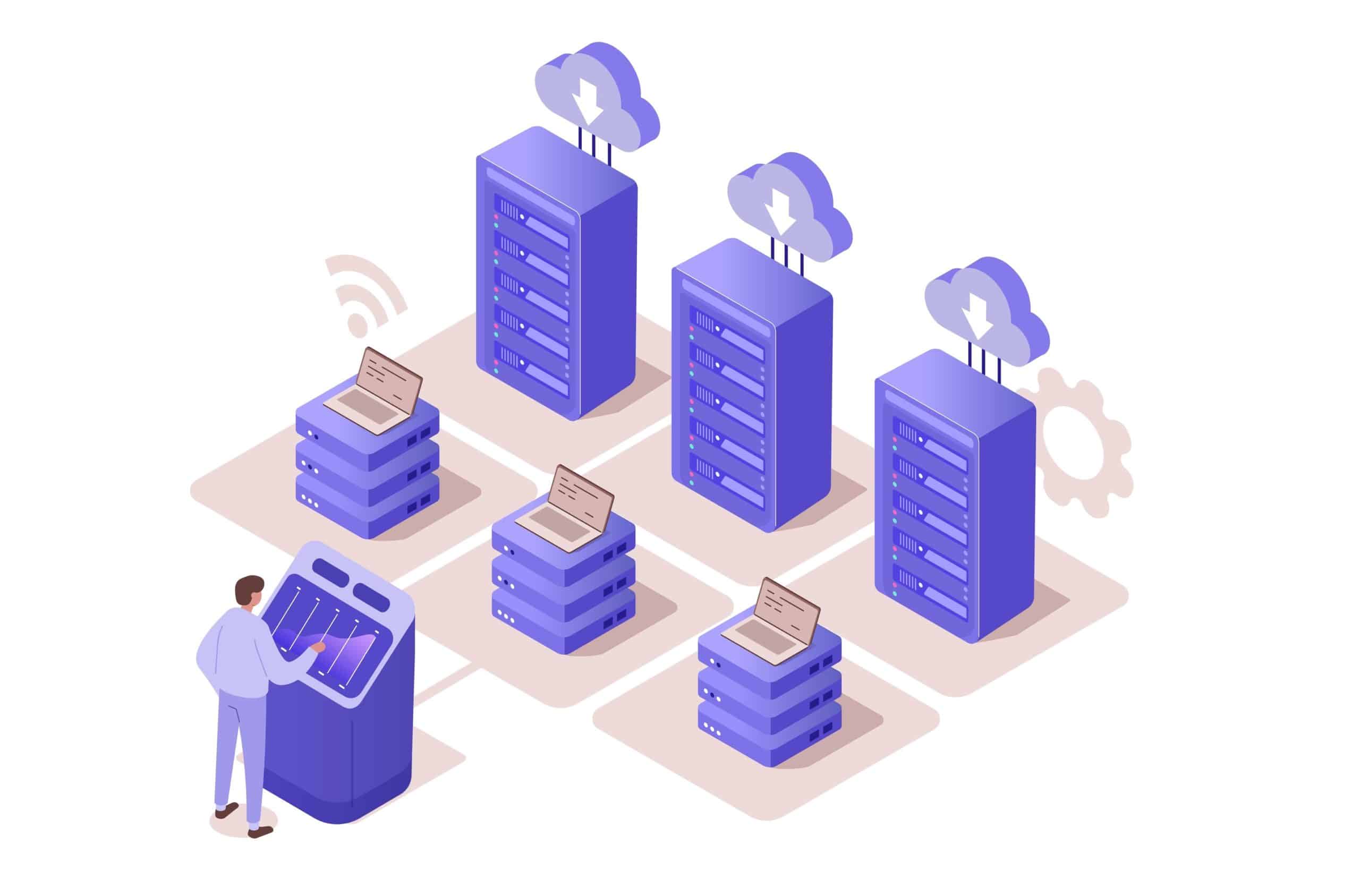
Work from Anywhere
There was a time when using software in one location was fine. Today, that’s restrictive—teams are expected to be operational anytime, anywhere. Whether for remote work or simple convenience, you’ll want access to Juris when you need it.
Making Juris cloud-based gives your firm secure, anywhere access. With the right solution, you can also reach all required applications, data, and email from any device or location.
Skip clunky VPNs and remote-to-office logins. Running Juris in a Private Cloud provides a secure, user-friendly virtual desktop experience.
Data Security & Compliance
Law firms have a moral duty to protect sensitive data—their own and their clients’.
Cyberattacks are now commonplace, and regulators have tightened requirements for how data must be handled. Contrary to outdated belief, a reputable cloud platform is often more secure than most in-house servers; protecting data is their core business.
What reputable cloud providers typically deliver:
- Encryption of data both in transit and at rest.
- Comprehensive virus protection from end-to-end.
- Robust safeguarding against ransomware attacks.
- Multi-factor authentication (MFA) for enhanced security.
- Utilization of redundant data centers for increased reliability.
- Regular backups with point-in-time recovery capabilities.
- Enterprise-grade firewall protection to prevent unauthorized access.
- Active monitoring for proactive threat detection.
- Regular security patching to address vulnerabilities.
- Dedicated private network per firm for isolated connectivity.
- Dedicated private virtual servers for enhanced data protection.

Now compare that to the common on-prem reality: servers sitting in a closet or copy room, often under-managed because top-tier security is cost-prohibitive for most small and midsize firms.
For cloud providers, investing in “bank-grade” controls does make economic sense—so you can leverage that scale.
As our client, you use a dedicated slice of enterprise-class infrastructure that’s actively managed and maintained for security and compliance.
Related:
Related – Law Firms and Cloud Security: The guide to keeping your data secure, with 12 important things to look for.
Operate from Windows or Mac
More firms are adopting Macs—sometimes firmwide (especially in smaller firms) and often in mixed Windows/Mac environments. Many people, including executives, also prefer Macs at home.
That matters because most desktop legal software is Windows-based, which limits efficiency for Mac users. In the past, the workaround was running Windows on a Mac via Parallels or similar tools—often slow and cumbersome.
Running Juris in the cloud—especially via a Virtual Desktop—solves this. Mac users get the same secure, full-featured access to Juris (and other firm software) as PC users. Virtual Desktops are platform-agnostic, enabling seamless access across operating systems.
More Reliability, Less Downtime
Reputable Private Cloud platforms, like our own Uptime Practice, have extensively built-out infrastructures made to host your applications with fantastic uptime and reliability for your firm.
They are managed by professionals, around the clock, to ensure your company receives the most minimal downtime along with the most optimal productivity.
Private Cloud solutions typically offer professional grade service in the form of:
- Redundant Physical Servers
- Redundant Routers & Network Equipment
- Redundant Upstream Internet Providers
- Redundant Data / Hard Drive Arrays
- Geographically Redundant Data Centers
- Multiple Redundant Data Backups
- Point-in-Time Data Recovery / Restoration
- Routine System Maintenance & Patching
- 24 x 7 x 365 System Monitoring
All of these measures are considered and implemented for your firm, so you don’t have to.
Flexible & Scalable
The cloud is flexible and scalable, and running Juris in the cloud is no exception.
Opting for a Private Cloud solution empowers your law firm to flexibly add or remove users, applications, storage, and other features as needed.
Unlike the inflexibility and financial obligations of server ownership, the cloud enables your firm to maintain agility and adaptability.
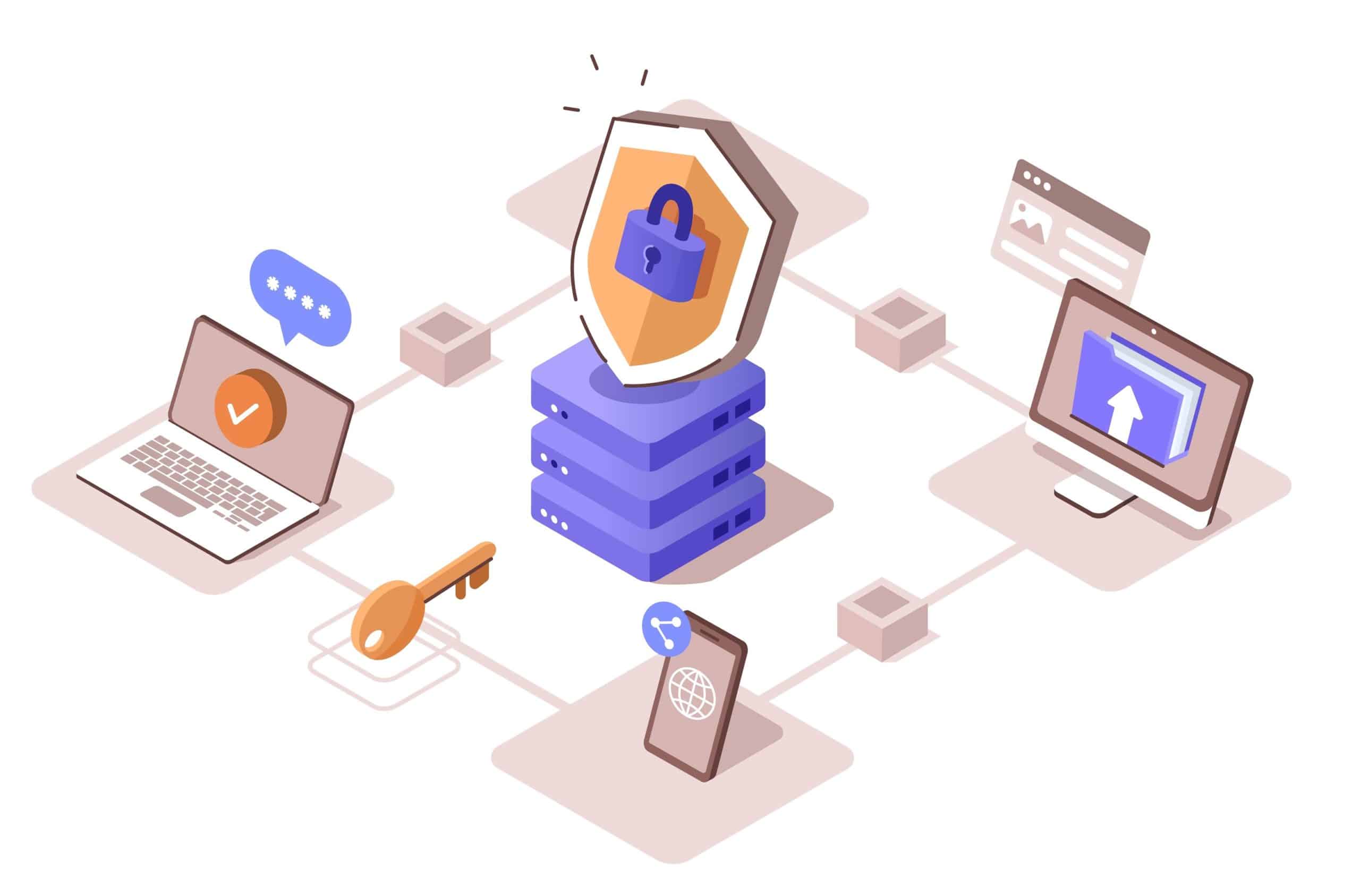
More Economical
We’ve worked with many law firms to conduct a side-by-side financial analysis of cloud vs. on-premise IT, and we consistently find that the Total Cost of Ownership is notably less in a Private Cloud.
Taking into account the initial expenses, ongoing monthly costs, and unforeseen IT expenditures related to server ownership and local IT support, this holds true in the majority of cases.
We’ll provide the economics of Juris in the cloud in more detail below (as well as some handy tools for you to conduct your own financial analysis).
Centralization
In the current shift towards Work From Home and hybrid work models, the growing threat of decentralization poses a significant risk.
Law firms with multiple locations have long grappled with this issue. However, considering all of the employees working remotely, either partially or entirely, the dispersion of data and applications across numerous locations becomes even more evident.
A Private Cloud platform serves as the centralized hub for your firm to house Juris – along with all other applications and data. It provides a unified system to log into and creates a virtual workplace, overlooking your team’s geographical whereabouts.
Related Video:
Why You’re Struggling to Work from Home
Juris as a Cloud App
Juris is premise-based software.
This means that it was created to run on a server. From its conception until present day, Juris required law firms to own, operate, and maintain their own servers to host this software.
Whereas cloud-based software operates through the internet, so you’re able to access it through a browser – without the need to retain servers.
One way to get around the way Juris was set up is to run it as a cloud app. Let’s talk about how.

Foremost, the simplest way is to “cloudify” Juris by running Juris through a simple cloud platform such as Practice Go.
Through a system like Practice Go, you can run Juris in the cloud by operating it as web application. This is one way to rid yourself of the burden of server ownership.
While this is a good solution, it’s not always the best. Here’s why…
If your law firm only requires Juris, or another singular software, then it would be no problem. However, if your firm needs to run something else, say Time Matters for your document management, then you’ll need to have another strategy for each other system/software.
Instead, perhaps you’re looking for a more holistic approach. If so, consider using a Private Cloud or Virtual Desktop as a better solution for your firm.
Continue reading for more information on these two options!
Juris in a Private Cloud
Now that we’ve covered the benefits, here’s how Juris in the cloud works—and how it differs from web-based apps versus desktop/server software.
Cloud computing was first put into broad practice by Google and Amazon around 2006, grew steadily, and became mainstream closer to 2012.
Before then, most firm software (including Juris and other practice-management tools) was installed on in-house servers. Staff ran the desktop client on their PCs while the database and core application lived on the server.
In practical terms, using Juris meant you also needed a server.
Owning and maintaining that server—and the in-house IT to support it—was seen as mandatory, a necessary but burdensome part of running law-firm software. There wasn’t much choice.
But not today.

Today, we can utilize a technology called the Private Cloud. A private cloud is a hosted, managed IT platform that provides the same (or better) function that a server would. Namely, it hosts a law firm’s legal applications, documents, email, other data while providing greater mobility, reliability and security.
With server-based software such as Juris, a server in some fashion is still required for it to run (with no change in sight).
In the case of a private cloud, the private cloud is the server.
To provide further clarity, a typical private cloud setup for Juris in a law firm often encompasses the following:
- Hosting services for Juris and other legal software
- Cloud storage infrastructure for efficient file and folder management
- Comprehensive support for Juris and legal software, including regular updates and maintenance
- Integration with Office 365 for enhanced productivity
- Utilization of Microsoft SQL Server
- Exchange Email services
- Essential server maintenance, backups, and robust security measures
- IT Help Desk support dedicated to assisting your team's needs
The “Private” in Private Cloud
Private Clouds are so-called because every law firm (called a “tenant,” in cloud computing parlance), has their own segregated, dedicated working environment.
In most cases, that means:
- Dedicated/Private Virtual Servers
- Dedicated/Private Virtual Network (VLAN)
- Dedicated/Private Active Directory
- Dedicated/Private SQL Server/SQL Database
If you’re not familiar with these technologies, here’s the rundown. We separate your firm’s software, documents, and data from other law firms, thus giving you extra security and privacy protection.
Related:
Related – Private Cloud 101 for Law Firms: Understanding the private cloud can get a little complex. Use this article to better understand what a private cloud means for your law firm.
That’s the “back-end” of running Juris in the cloud. You and your team will interact with the Private Cloud through what’s known as a Virtual Desktop.
Juris in a Virtual Desktop
Now that we’ve covered why and how Juris runs in a Private Cloud, here’s what day-to-day use looks like.
The short answer: a Virtual Desktop.
It’s the same kind of Windows or macOS desktop you use at the office—only it’s hosted in the cloud. You sign in from any location, at any time, and everything is there.
Your Virtual Desktop typically includes:
-
Everyday tools like Microsoft Word, Excel, and Outlook
-
Your practice management, accounting, and document management software—including Juris
This setup lets every team member access firm software from anywhere, without being tied to a specific workstation. Virtual Desktop solutions are also known as Desktop-as-a-Service (DaaS)—similar in concept to Software-as-a-Service (SaaS).
How Virtual Desktops Work
Traditionally speaking, your computing environment at work operates by having the software you need installed on your literal, local computer – whatever you use in the office.
Everything is local and installed individually.
A Virtual Desktop is different. In a Virtual Desktop environment, very few, if any, applications are actually installed on your local computer. Often, the only icon on your local desktop is a shortcut to log into your Virtual Desktop.
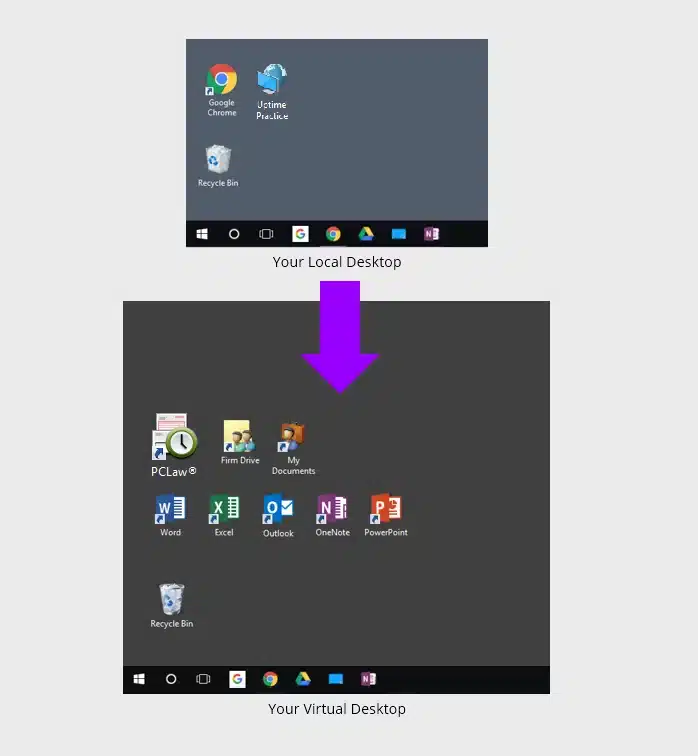
Once you or any member of your team logs into the Virtual Desktop, you will have full access to all of your law firm’s software, documents, and data.
The Virtual Desktop serves as a centralized platform where you can seamlessly work with all the essential tools and resources required for your firm’s operations.
This includes:
- Your Juris Software
- Your Other Legal Software
- Your Productivity Software (Microsoft Office)
- Your Documents, Files, and Folders
- Your Outlook & Email
This gives your entire firm access to Juris (and all your applications, documents, and data) from anywhere, on any device.
Another bonus!
Virtual Desktops also mean that you no longer have to manually install, update, and maintain each of your applications on each computer within your firm. Instead, your Cloud Service Provider will simply keep all software updated for you.
Related:
Related – Virtual Desktops for Law Firms: How They Work and Why Your Firm Should Use Them.
Should My Law Firm Use Virtual Desktops?
Virtual Desktops offer numerous benefits to law firms, particularly in the following scenarios where they are often the optimal technology solution:
- When your firm is dedicated to using Juris software.
- When your firm utilizes a range of devices such as Windows, Macs, and tablets.
- When your firm needs the flexibility to work from any location.
- When you are weary of handling servers and IT-related difficulties.
- When your firm needs to ensure the security of your applications and data.
We’ll cover selecting the right Virtual Desktop provider, and doing your due diligence, shortly.
Virtual Desktops Demonstrated
For an example of working in a Virtual Desktop, watch our demonstration of Uptime Practice.
Migration: How to Move Juris to the Cloud
Now that we understand how Juris in the Cloud works, the benefits, and the functions, we’ll walk through how to move Juris to the Cloud.
This process is typically administered by your chosen Cloud Service Provider but could be done via a combination of IT consultants, software consultants, and cloud hosting providers.
Steps to Move Juris to the Cloud
Step 1: Onboarding Project Manager
Your Juris cloud migration is best begun the same way any well-managed project is – through a single point of contact.
Your project manager (at Uptime Legal, we call this person the Onboarding Manger) should begin by clear communicating the expectations and steps in the process, so you’re not left with uncertainty of the road ahead.
This Onboarding Manager should define specific timelines, expectations, and what is needed from you.
Step 2: Discovery
Although a reputable cloud service provider will have a clearly defined and documented onboarding process, it is important to note that this process is never one-size-fits-all, as every law firm is unique.
An effective Juris cloud migration process should begin with a thorough discovery and assessment of the firm’s existing environment for a tailored strategy.
This includes:
- Inventory of Software to be Migrated.
- Inventory of all Documents and Data.
- Identifying Email Accounts and Settings.
- Documenting Third-Party Services, Logins and Accounts.
- Inventory of Network Devices and Peripherals.
- Testing of Firm Internet Speed.
Step 3: Build
Next, your Juris hosting provider will begin building the private cloud environment you’ll work in. A good provider will have a well-developed process and can build your private cloud quickly. The Onboarding Manager and engineering team will install your software, provision your email accounts, and generally build the “shell” of your complete IT platform.
This process includes:
- Provisioning virtual servers to accommodate your firm's requirements.
- Configuring individual user profiles and virtual desktops.
- Installing your firm's software within the cloud environment.
- Setting up your file system, including establishing permissions.
- Conducting tests to ensure the functionality and performance of your new cloud environment.
Step 4: Go-Live
Next, your Juris software cloud provider will collect your data from your current environment to transfer over. Every element of your firm’s technology will be migrated over – piece by piece.
This cutover process includes:
- Each Applications Data/Database (including Juris)
- Your File-System, Files and Folders
- Your Email Mailboxes and Distribution Groups
- Utility Functions (Print Servers, DHCP, DNS, etc.)
The data transfer should be secure and designed for a smooth transition. After import, the Onboarding Manager’s team should thoroughly test every application—as well as workstations and peripherals—to confirm everything functions in the new cloud environment.
To minimize downtime, schedule the cutover during off-hours. Evenings and weekends usually work best to avoid disrupting operations and help prevent the migration from lasting longer than a day.
Step 5: Training & Ongoing Support
First impressions matter.
To drive adoption, give employees an environment that’s easy to use and ensure your Juris cloud host has a clear, firm-wide training plan. Your onboarding manager should stay engaged from planning through post–go-live.
Effective training should include:
- Role-based sessions for attorneys, billing, admins, and IT
- Live training plus recordings users can revisit
- Quick-reference guides for common workflows (login, printing, scanning, time entry, billing)
- Floor support/office hours during the first week after go-live
Ongoing support to expect:
- Responsive help desk with defined response targets
- Dedicated account manager who knows your environment
- 30/60/90-day check-ins to resolve issues and optimize workflows
- Centralized documentation (FAQs, guides, update notes)
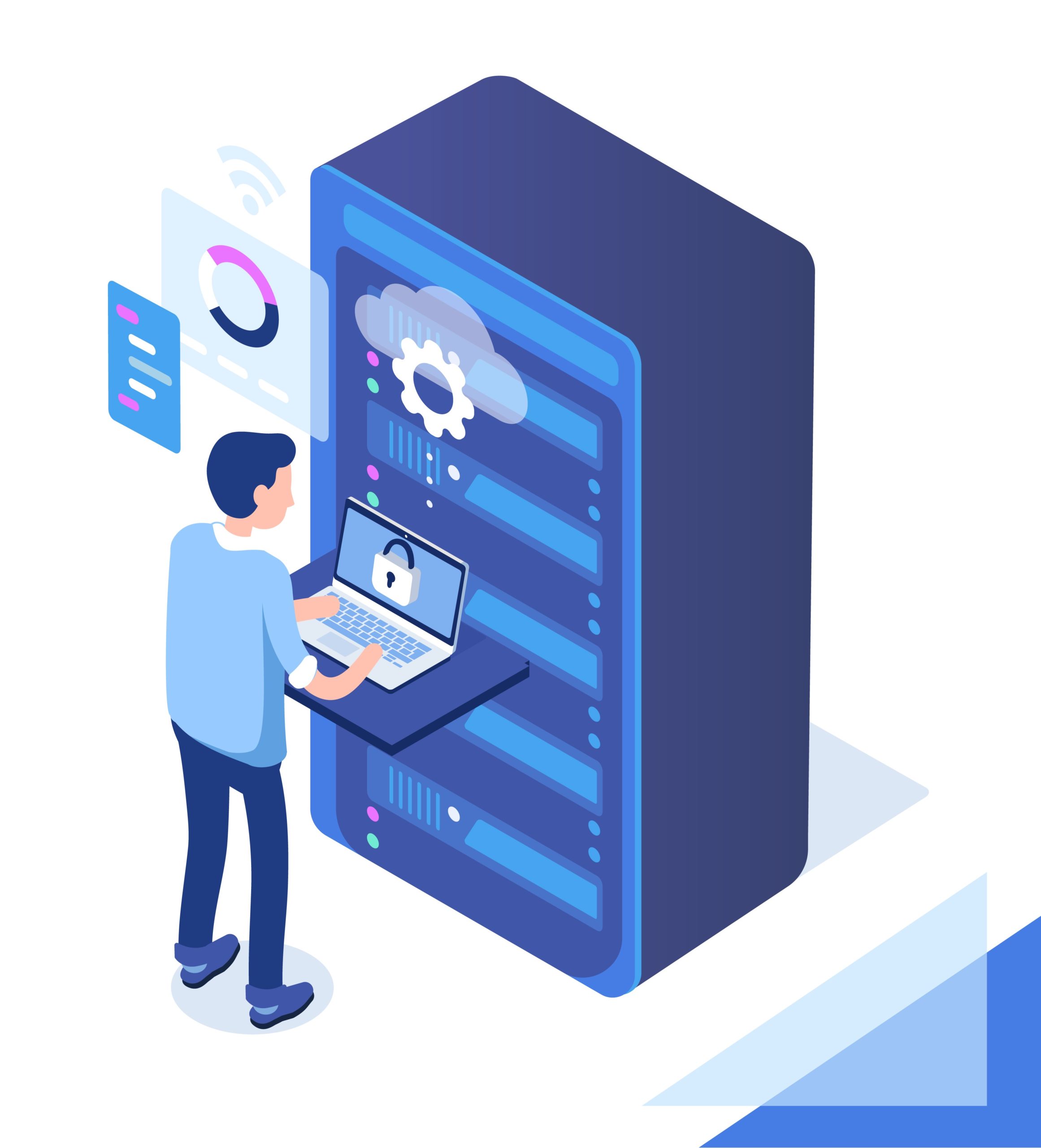
Thorough onboarding and steady follow-through are what turn a migration into a smooth, successful transition—for Juris and for your firm.
Related – Juris Support for Law Firms: To learn more about your different support options with Juris, read on!
The Economics of Juris in the Cloud
Beyond the functionality, security, reliability, and mobility that Juris cloud hosting provides, there’s also the economic case for moving Juris to the cloud.
Running Juris in-house, with on-premise servers is a deceptively expensive proposition.
You have to buy servers. You have to buy ancillary IT infrastructure, like backup systems, battery backups, and more. You have to hire a capable IT consultant to not only set up the server, but proactively manage and maintain it.
And these costs are always higher in a given year than you think they will be.
To understand the economics of moving Juris to the cloud, we need to compare a Private Cloud solution to the costs of in-house, on-premise servers and IT.
Watch the Video:
On-Premise IT
Up-Front Costs
To start, analyze all costs incurred each new server cycle (which is typically only 3 to 5 years).
This entails the costs of buying and implementing server infrastructure, and usually includes:
- Acquiring server hardware.
- Procuring backup hardware and software.
- Setting up Uninterruptible Power Supply (UPS) or battery backup systems.
- Obtaining Windows Server licensing.
- Acquiring SQL Server licensing.
- Setting up desktop and network infrastructure.
- Implementing the system with the assistance of an IT consultant.
In order to properly understand these costs, I recommend that you get pricing for each of these aspects, record it in a spreadsheet, and add them up.
With this, you’ll have a sense of the total up-front cost of on-premise IT.
It is worth noting that the costs associated with server setup and maintenance are heavily influenced by the software used by the law firm.
How many servers are required and how powerful should they be?
Is it necessary to have multiple dedicated servers?
Would VMWare virtualization be necessary?
Ultimately, these questions are determined by the software utilized, particularly the Practice Management and Document Management software, and their respective server requirements.
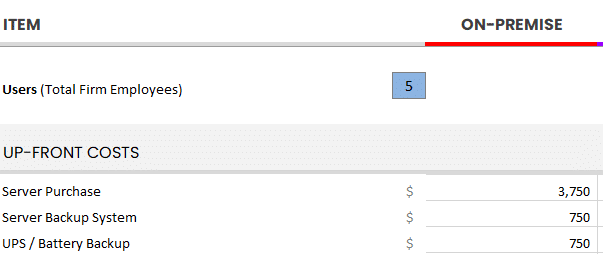
Use our Cloud Cost Calculator to tally up all relevant up-front costs for your firm.
Ongoing Costs
Unfortunately, the financial cost of servers needs to account for another aspect. Now that we’ve covered the upfront costs, we can analyze costs you would incur on an ongoing basis.
To achieve this, identify monthly recurring costs, as well as annual costs (renewals, maintenance), and determine your average monthly or annual recurring costs.
Common components of these costs for many law firms typically include:
- Managed IT Service
- User Support / IT Help Desk
- Offsite / Remote Backup
- Remote Access Solution (VPN, RDS, etc.)
- Practice Management Software
- Office 365
- Security Maintenance & Renewals
Add up what you currently, or will, spend on an ongoing basis.
This should include fixed monthly costs (such as a Managed IT Provider contract) as well as sporadic, less predictable costs (such as hourly IT support). For the latter, if you’re unsure of a reasonable budget for this amount, I recommend finding the average over the past two to three years.
The total of all of these determines your average monthly IT spend.
On-Premise Costs: Unplanned
Finally, we need to identify and budget for the inevitable hiccups that you may face with server ownership. You are bound to encounter some level of unplanned IT expenses.
While proactive IT measures significantly decrease the likelihood and impact of unforeseen IT problems, it is important to acknowledge that over a sufficient period of time, such issues are still likely to occur, albeit less frequently.
Still, these unplanned costs may take the form of:
- Unplanned Server Crashes
- Unplanned Network Repair
- Unplanned Data Recovery Costs
- Software Updates that Prompt Server Upgrades
As you can see, while some costs are fixed and predictable, others are wildly unpredictable (but should be budgeted or accounted for in some way nevertheless).
With all things considered, total your up-front costs, monthly ongoing costs, and your budget for unplanned/unforeseen costs:
This is your Total Cost of Ownership for on-premise IT.
Compare to Private Cloud
Now, compare this Total Cost of Server Ownership to that of a Private Cloud.
We’ve already demonstrated that a Private Cloud is objectively better than in-house IT — in terms of reliability, security and mobility. But simply comparing the costs of in-house vs. cloud-based IT shows that Private Cloud is also more economical than in-house IT.
Private Cloud costs typically include:
- One-time Implementation Fee, typically ranges from $2000 to $6000
- All-Inclusive Monthly Fee, often around $105 to $159 / User / Month
It is worth mentioning that, with the appropriate Private Cloud provider, these cost comparisons encompass all the technology that would otherwise need to be purchased and maintained. In contrast, on-premise IT, as demonstrated earlier, often involves hidden and unpredictable costs.
Who wants this kind of surprise?
A fully managed Private Cloud provides costs that are simple, clear, and predictable.
Related:
Related – The Financial Case for Cloud for Law Firms: Of course, financials matter for a law firm. Thankfully, the cloud shines in this regard. Learn more.
Doing Your Due Diligence & Mitigating Risk
Now that you know how Juris in the cloud works—and what it can do for your firm—it’s time for due diligence.
There are many ways to migrate Juris to the cloud. Whatever path you choose, do your homework. A growing number of vendors—from solo local IT shops to large, generalist providers—claim they can host Juris. Claims aren’t competence.
Running and maintaining Juris in the cloud isn’t for amateurs. It requires specific configuration and deep product expertise.
What to verify with any prospective provider:
- Confirm the provider is an authorized Juris hosting partner.
- Validate they’ve successfully hosted Juris for 10+ law firms.
- Ensure encryption in transit and at rest.
- Verify backups to multiple U.S. data centers.
- Understand their process if served a subpoena concerning your data.
- Confirm your data stays within your country (data sovereignty).
- Confirm you retain exclusive ownership of your data.
- Require a current SOC 2 Type II report (under SSAE 18).
- Verify the provider owns the server infrastructure (not merely reselling Azure/AWS).
- Confirm a minimum 99.99% uptime commitment.
- Ensure compliance with all software licensing (Microsoft, VMware, etc.).
Related:
Once you’ve developed a short list of potential Juris hosting providers, do your homework on each company.
We recommend:
- Obtaining and contacting references.
- Asking for and reviewing the provider's case studies / success stories.
- Reading the available Google reviews for the provider.
To see the Google reviews for a Private Cloud provider (or any business), if the company is reputable you can simply perform a Google search for that company, and the reviews will show up in the search results sidebar.
For example:
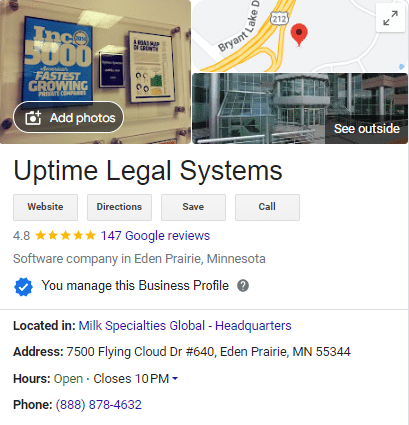
Learn more about doing your due diligence:
Related – 25 Things To Ask Your Legal Private Cloud Provider: If you’re in the marketing for a cloud-service provider, this guide is for you. It will help you hire the right provider the first time.
Juris in the Cloud – Frequently Asked Questions
Yes. With a company that specializes in hosting law firms’ software, you can run Juris in a Private Cloud.
Through a company that specializes in hosting law firm software, Juris can be moved to the Private Cloud. Learn more.
A Private Cloud provides all necessary IT functions without the need to maintain on-premise servers.
A Virtual Desktop allows your law firm to access and use your legal and productivity software from any device and from any location. Learn more.
It depends on the cloud provider. With the correct provider, a Private Cloud is much more reliable than maintaining on-premise servers.
It depends on the cloud provider. With a reputable provider, a Private Cloud is orders of magnitude more secure than maintaining on-premise servers.
The cost of running Juris in the Cloud varies depending on factors such as the chosen cloud provider, the number of users in your law firm, and other technology requirements.
On average, for many law firms, the cost ranges from $115 to $159 per user per month. It is important to note that this cost does not include the price of the Juris software itself or the Annual Maintenance Plan (AMP). For more detailed information, you can refer to the relevant resources.
It depends on the cloud provider. As part of your due diligence, you should read the contract carefully, and ensure there is explicit language that details the terms you’re looking for.
This depends on the provider. Some cloud providers require that a third-party VAR or IT consultant perform all updates. Uptime Practice, by contrast, manages all software updates and maintenance for you.
Now that cloud computing is mainstream many bar associations have shared their opinions on cloud computing, and even recommend it.
According to an article posted on the ABA website:
“Most fears about trusting client information to ‘the Internet’ are misplaced. One misconception is that client information may be intercepted as it travels across the Internet. Modern encryption has progressed to the point where it is unbreakable. Cloud companies understand that their reputations for protecting customer information are crucial. A single security breach would cost them dearly. Your client information is more secure stored on a reputable, professionally managed cloud server than on your office computers.”
This depends on the cloud provider. In the case of Uptime Practice, your Private Cloud will work with virtually all printers, scanners and peripherals. Your local and network printers will appear and work within your virtual desktop just as they do on your local computer.
While Juris is specifically designed for Windows-based systems and cannot be directly run on a Mac computer, there are Virtual Desktop solutions available that can facilitate running Juris on a cloud desktop from your Mac computer.
One such solution is Uptime Practice, which allows Mac users to access and utilize Juris seamlessly in a virtual environment.
Ready to Move Juris to the Cloud?
At Uptime Legal, we host Juris and other legal software for hundreds of law firms across North America.
Get in touch with our team to learn more about Juris in the cloud for your law firm.
Learn More
Learn more about running Juris in the Cloud.
Uptime Practice:
The IT & Cloud Platform for Law Firms.
Uptime Practice is a suite of Managed IT and cloud services, made exclusively for law firms.
Practice Next
Technology + Legal Software Support for Modern Law Firms
Practice Next is a suite of Managed IT, Legal Software Support, and Cloud Essentials, made just for law firms.
-
Practice Next is a suite managed IT, technology essentials and legal software support.
-
Practice Next includes unlimited IT and legal software support, Microsoft 365, legal-centric cloud storage and more.
-
Practice Next pairs great with cloud-based legal software such as Clio Manage, CosmoLex, MyCase and more.
Practice Go
Cloudify Your Legal App
Does your law firm already have a cloud strategy, but have one premise-based application still running on onsite servers? Practice Go is for you.
- With Practice Go, we effectively turn your desktop/server- based legal software into a cloud application (a Published App), freeing your firm from the limitations of traditional software.
- Practice Go can cloudify your PCLaw, Time Matters, Tabs3, ProLaw, Juris, QuickBooks and more.
Practice Foundation
Complete Private Cloud for Law Firms
If your law firm needs a central, secure cloud platform for all of your legal software, documents and data, Practice Foundation is for you.
-
Practice Foundation is an end-to-end cloud platform that will host all of your firm's applications and documents, and will optionally include Office 365 + unlimited IT support. Everyone in your firm logs into a Virtual Desktop where they'll find all of their apps and docs.
-
Practice Foundation works with PCLaw, Time Matters, Tabs3, ProLaw, Juris, QuickBooks, Timeslips, TrialWorks, Adobe Acrobat and more.
Not Sure Which Edition You Need?
No problem. Check out our quick Comparison Chart for Uptime Practice, or Get in Touch to talk with our sales team.

Dennis Dimka
As the founder and CEO of Uptime Legal Systems, I've had the privilege of guiding our company to become a leading provider of technology services for law firms.
Our growth, both organic and through strategic acquisitions, has enabled us to offer a diverse range of services, tailored to the evolving needs of the legal industry.
Being recognized as an Ernst & Young Entrepreneur of the Year Finalist and seeing Uptime Legal ranked among the Inc. 5000 list of fastest-growing private companies in America for eight consecutive years are testaments to our team's dedication.
At Uptime Legal, we strive to continuously innovate and adapt in the rapidly evolving legal tech landscape, ensuring that law firms have access to the most advanced and reliable technology solutions.
Related Posts
April 1, 2024
The Financial Case for Cloud for Law Firms
March 8, 2024
25 Things To Ask Your Legal Private Cloud Provider
March 5, 2024
How to Use ProLaw in the Cloud in 2025
January 8, 2024
How to Use Orion Legal Software in the Cloud in 2025
January 8, 2024
How to Use Time Matters in the Cloud in 2025
January 8, 2024
How to Use Tabs3 in the Cloud in 2025
January 8, 2024
How to Use TrialWorks in the Cloud
January 8, 2024
How to Use PCLaw in the Cloud in 2025
January 8, 2024
How to Use Timeslips & QuickBooks in the Cloud in 2025
December 15, 2023
Juris: Complete Review, Features, Pricing
December 15, 2023
How to Use Worldox in the Cloud in 2025
December 15, 2023
7 Reasons Your Law Firm Should Consider Tabs3
December 15, 2023
ProLaw Workspace – Review & Guide for Law Firms
December 15, 2023
TrialWorks – An Uptime Legal Review
December 15, 2023
Cybersecurity for Law Firms
December 8, 2023
Managed Cloud Services for Law firms
October 24, 2023
AWS for Law Firms: A Complete 101
October 4, 2023
Azure for Law Firms: A Complete 101
September 28, 2023
Best Law Practice Management Software (2025)
September 5, 2023
Juris Support – How to Get Help for Juris
August 30, 2023
Tabs3 Support – How to Get Help for Tabs3
August 23, 2023
ProLaw Support – How to Get Help for ProLaw
July 24, 2023
PCLaw Support – How to Get Help for PCLaw
July 20, 2023
Private Cloud 101 for Law Firms
February 24, 2021
Uptime Legal Joins the Thomson Reuters Marketplace
November 18, 2019
Best Legal Practice Management Software for 2021
September 16, 2019
The Financial Case for Cloud for Law Firms
June 17, 2019
Law Firm IT – What Are Your Options?
January 28, 2019
PCLaw® Go – An Uptime Legal Review
January 7, 2019
Time Matters® Go – An Uptime Legal Review
October 24, 2017

